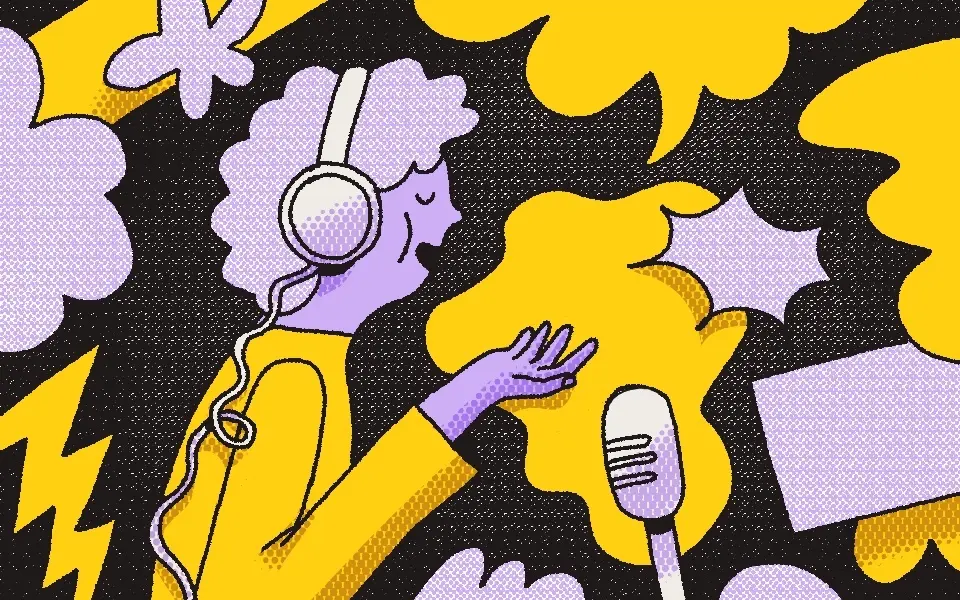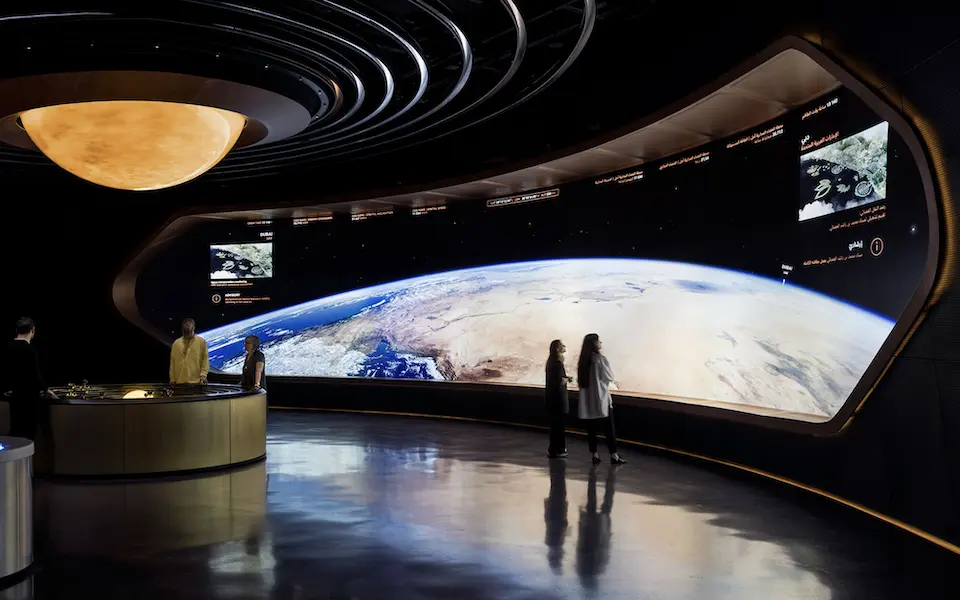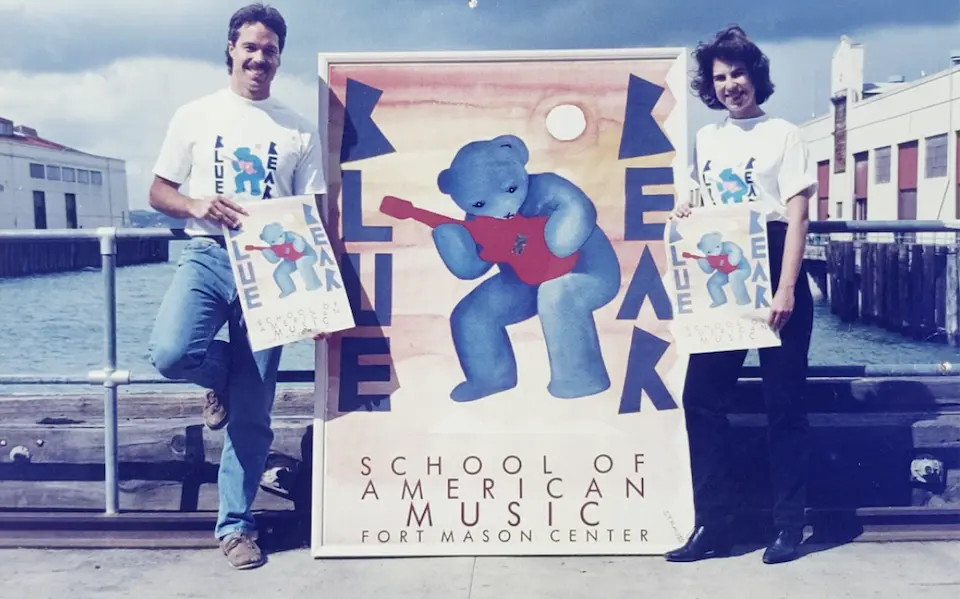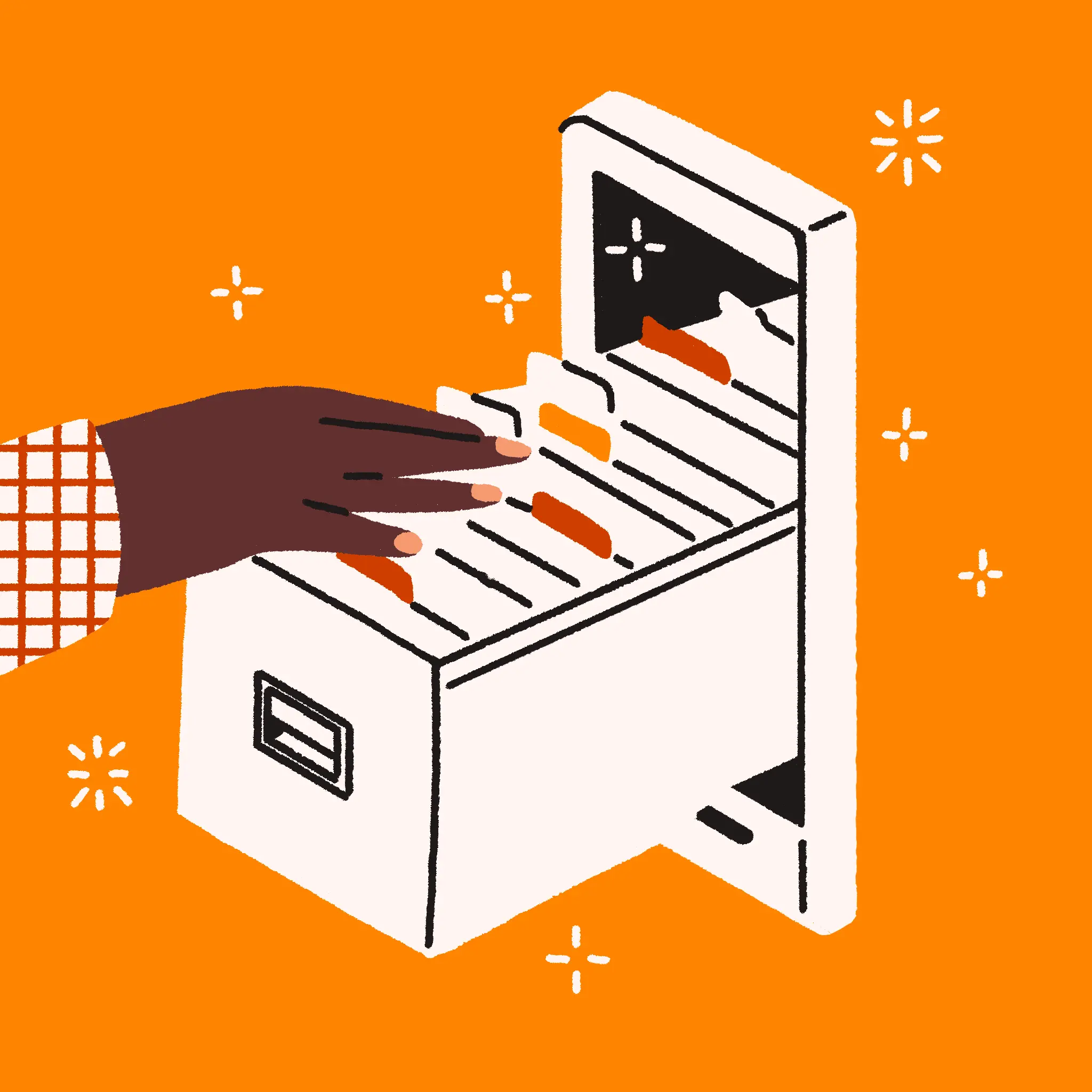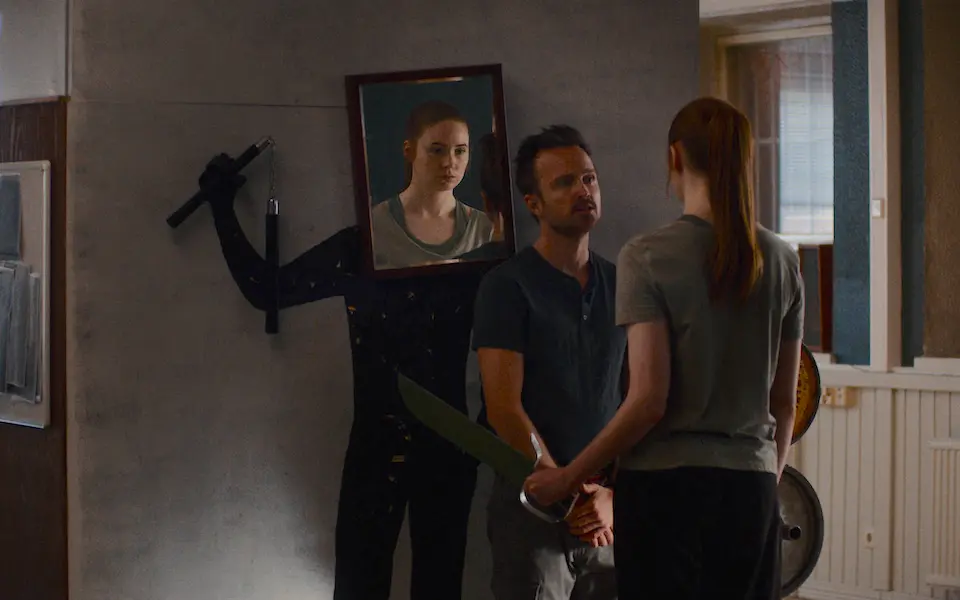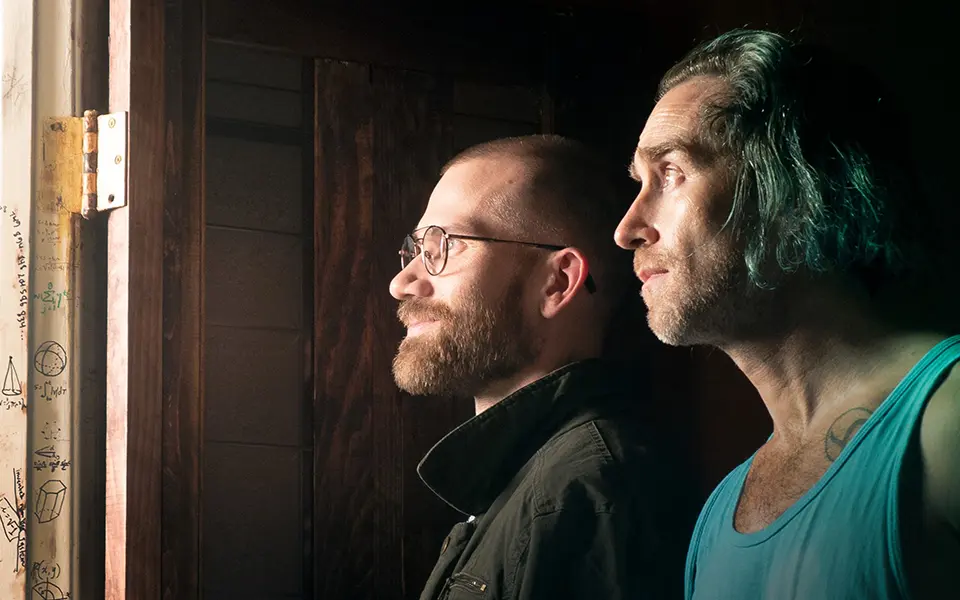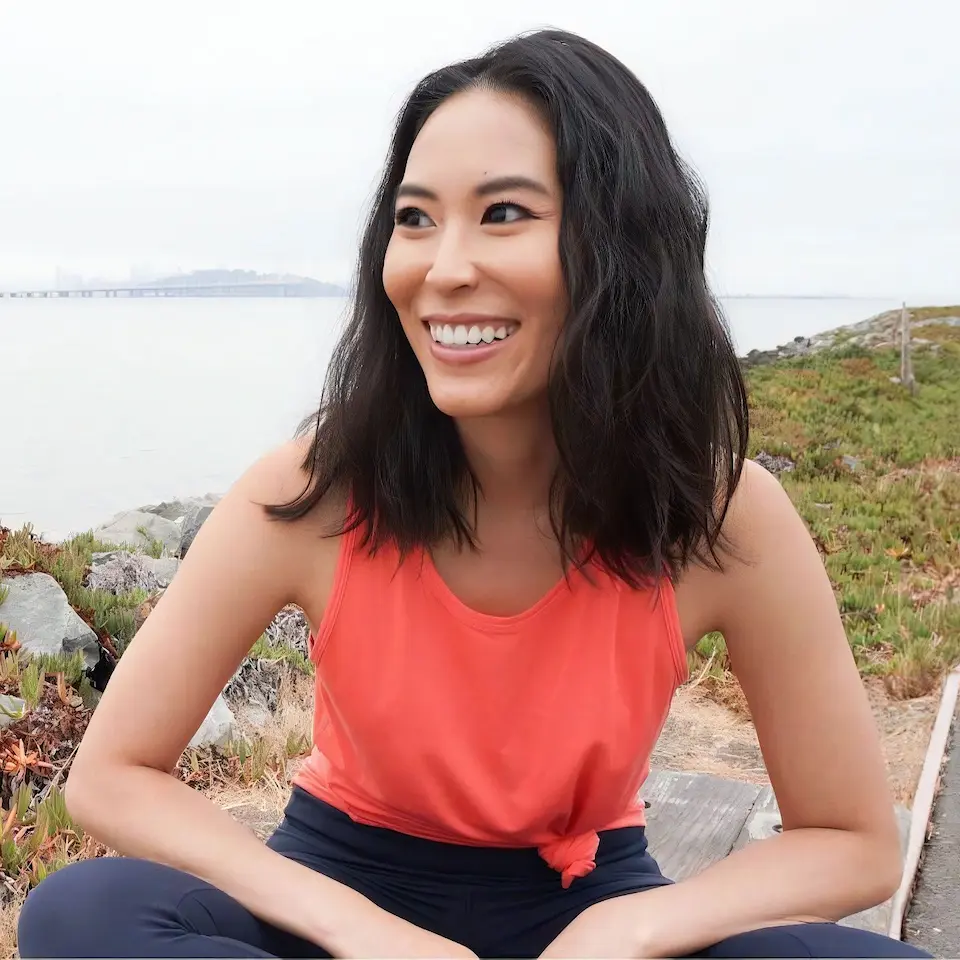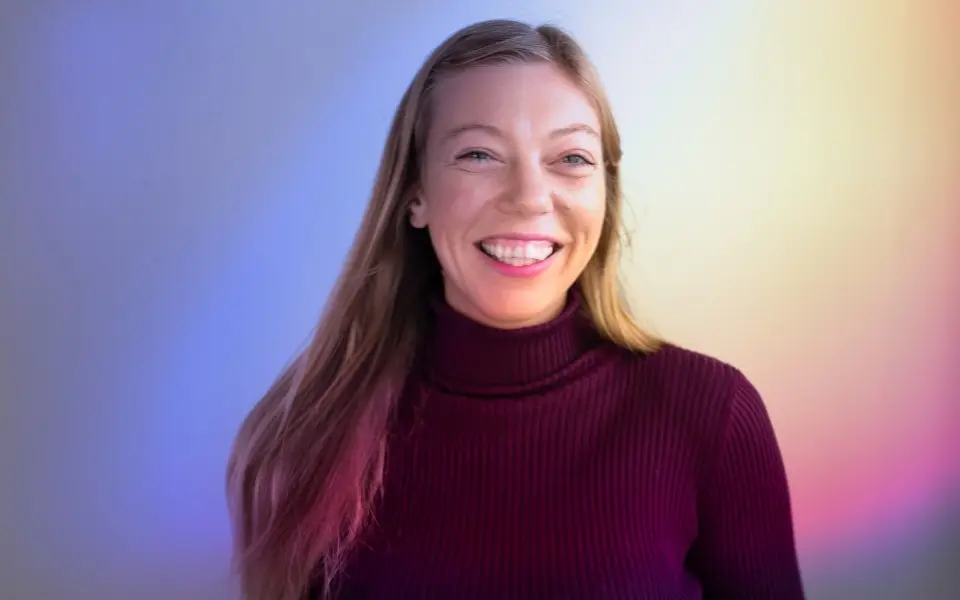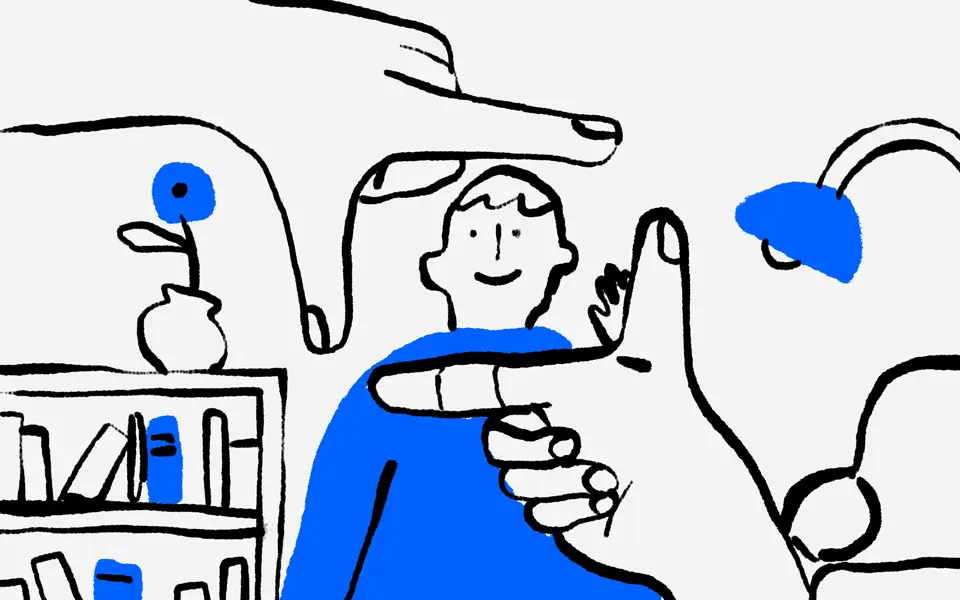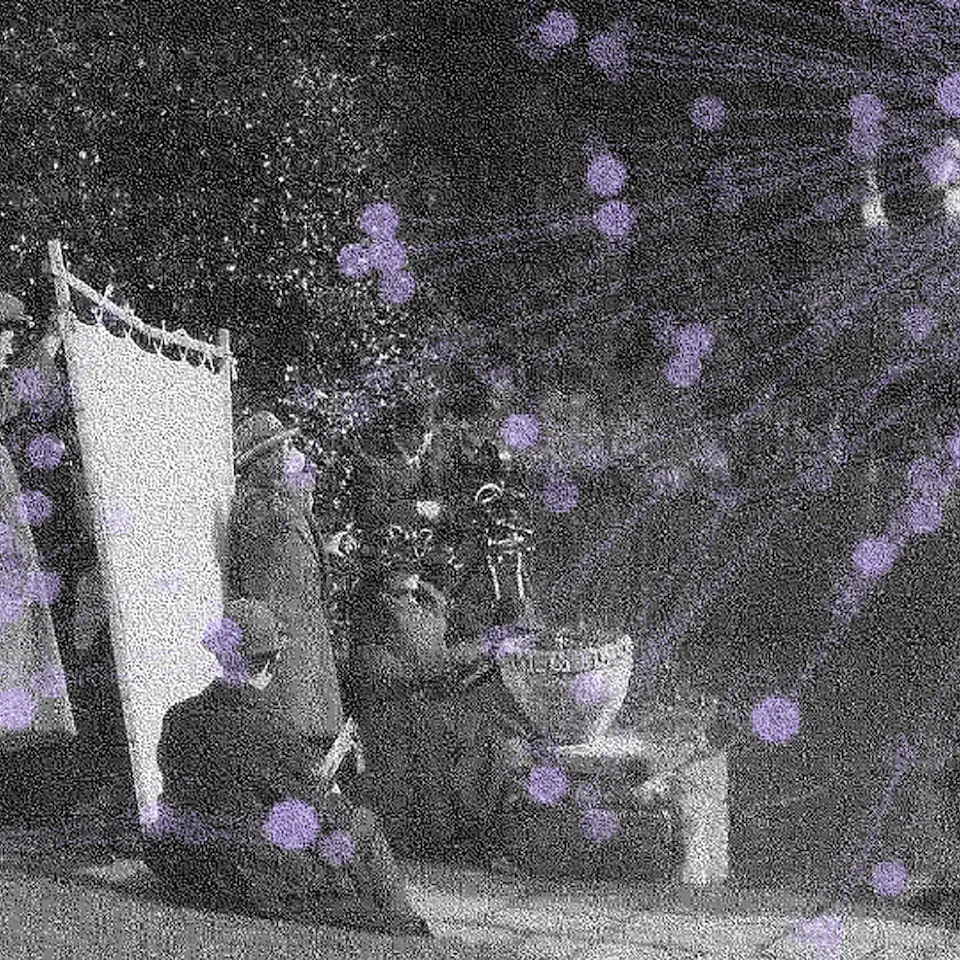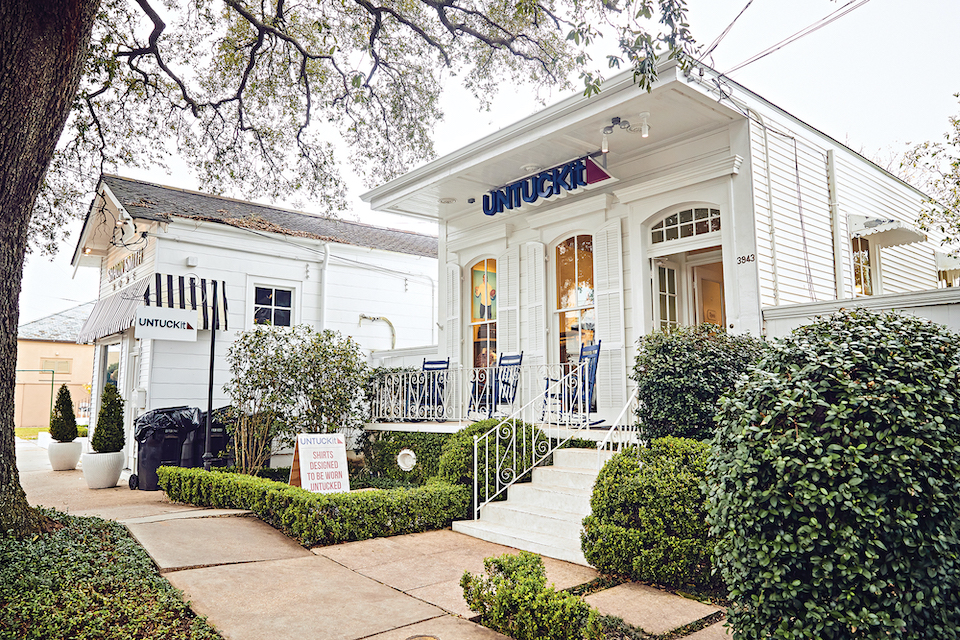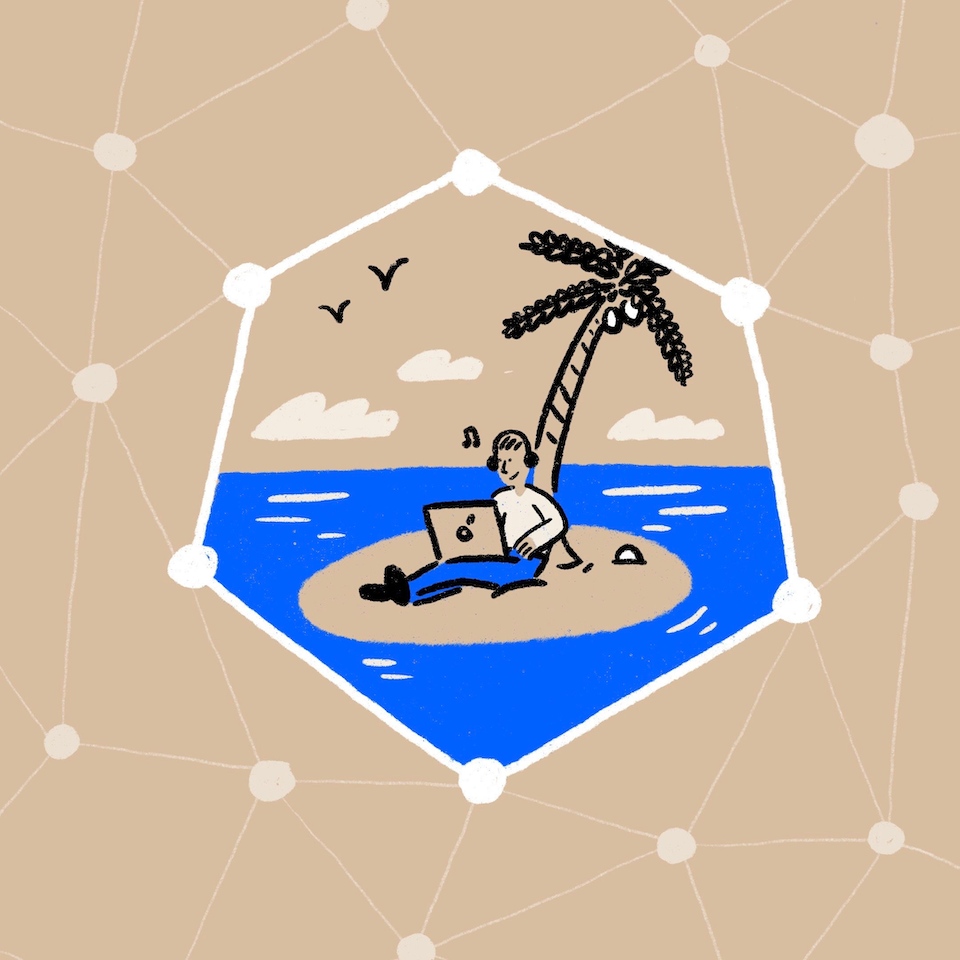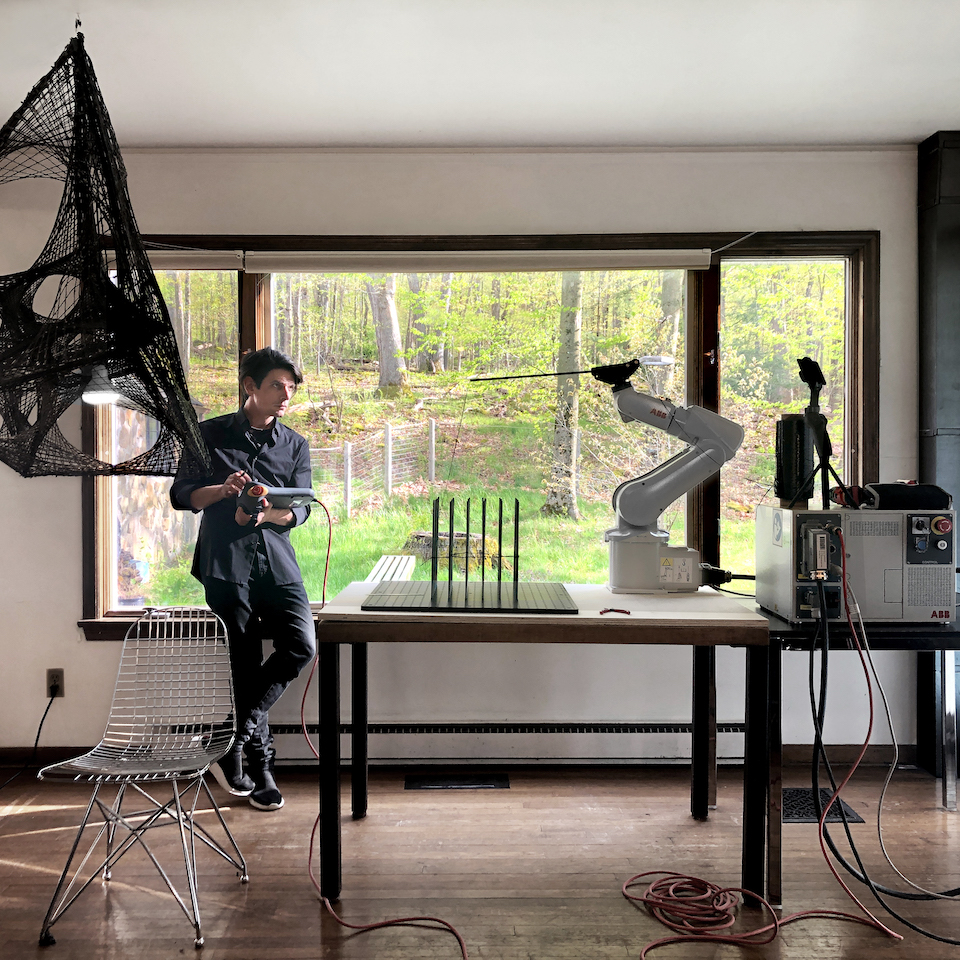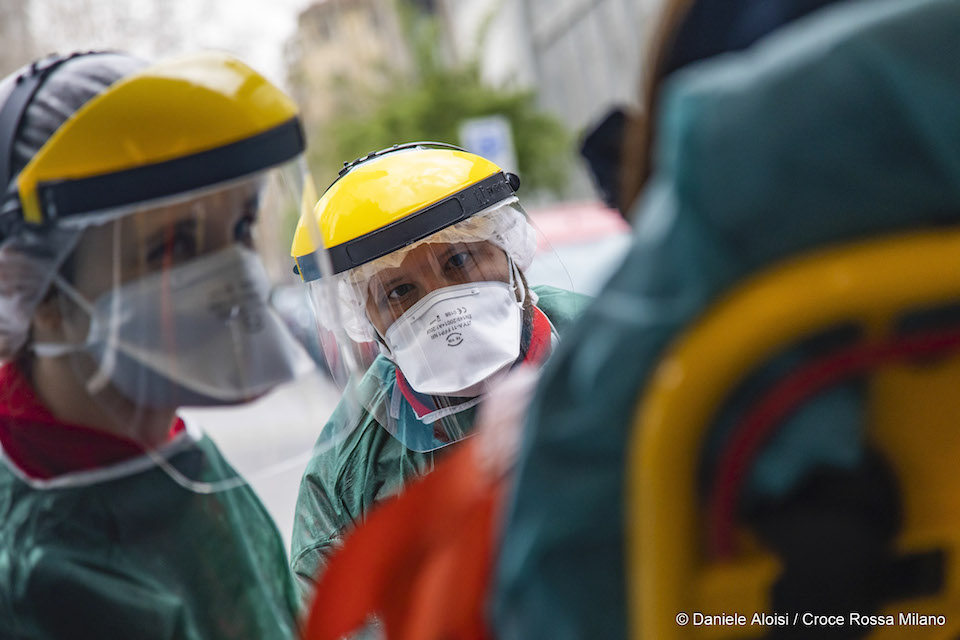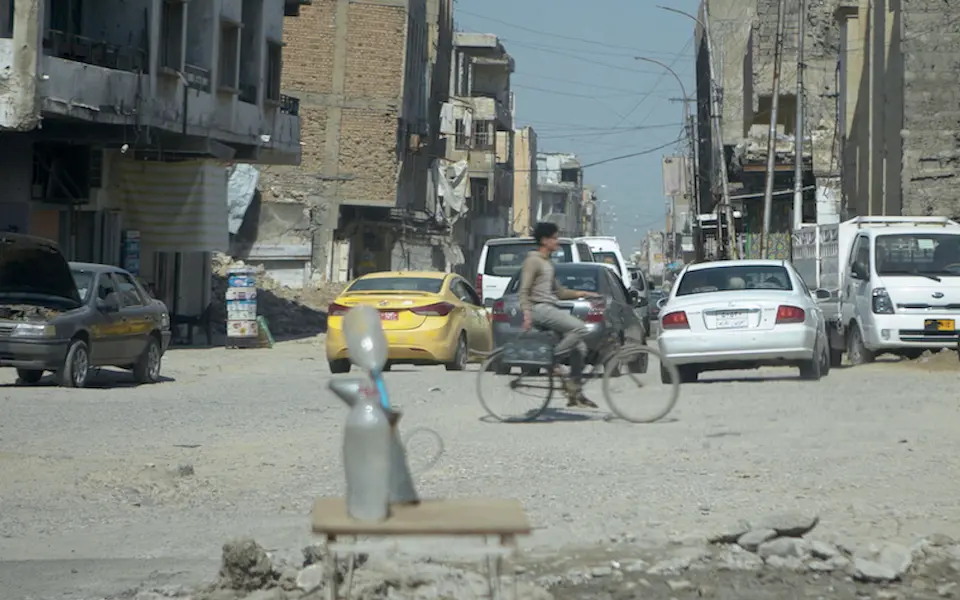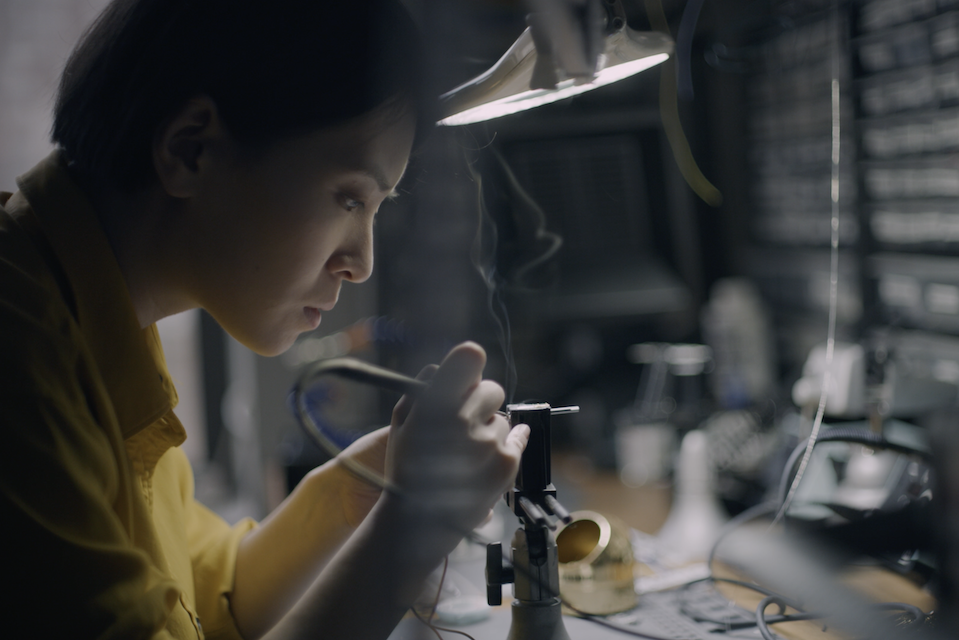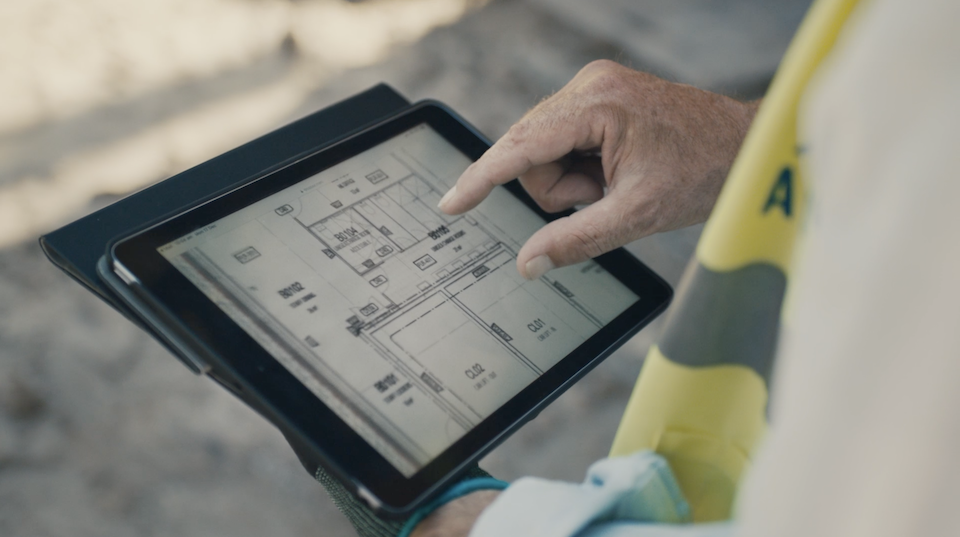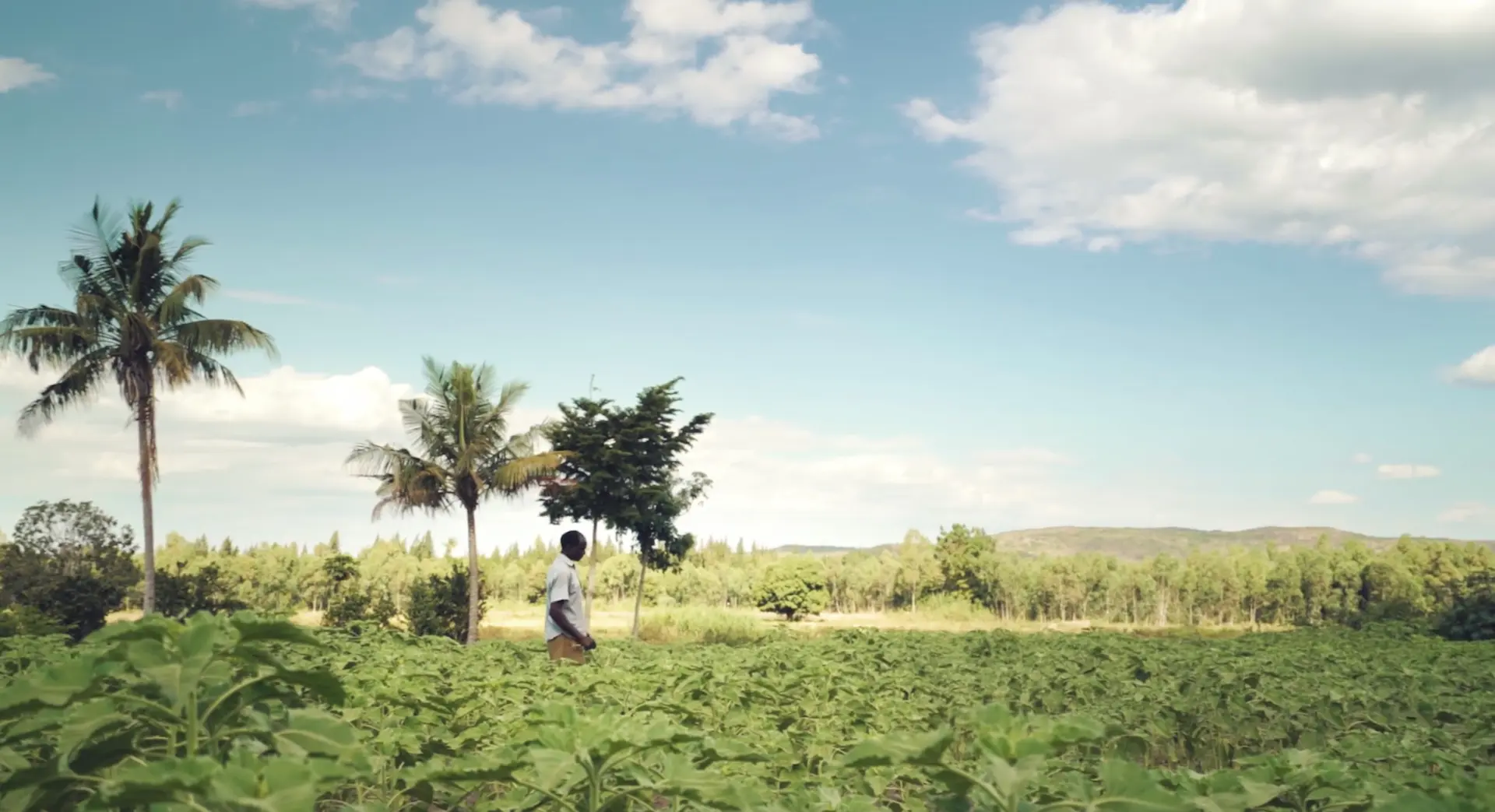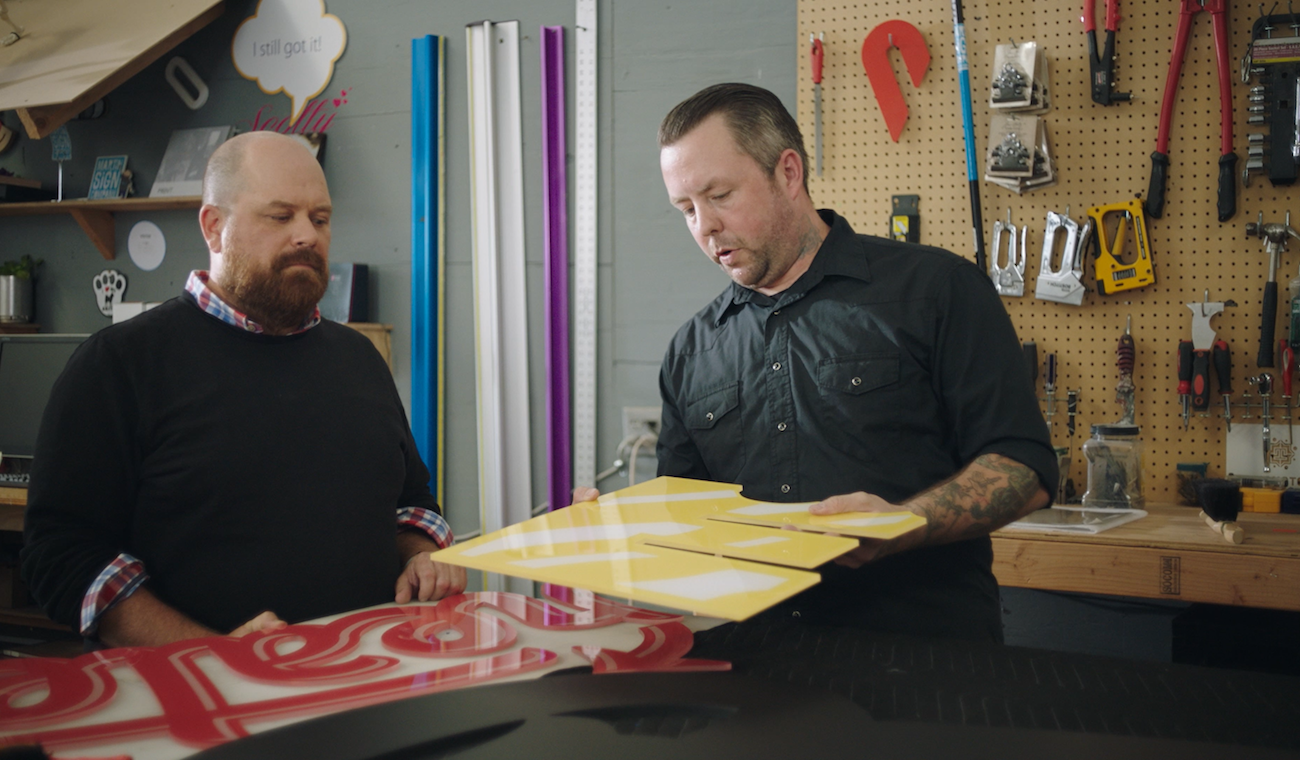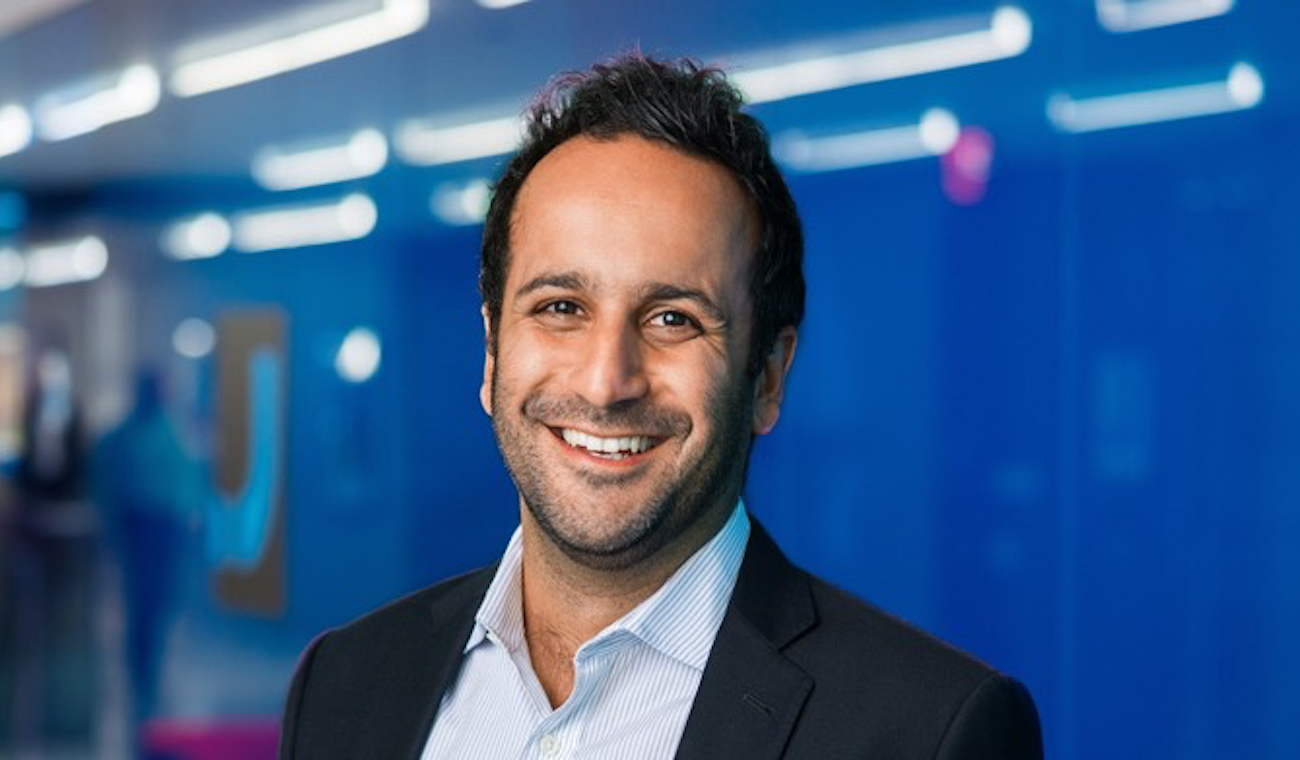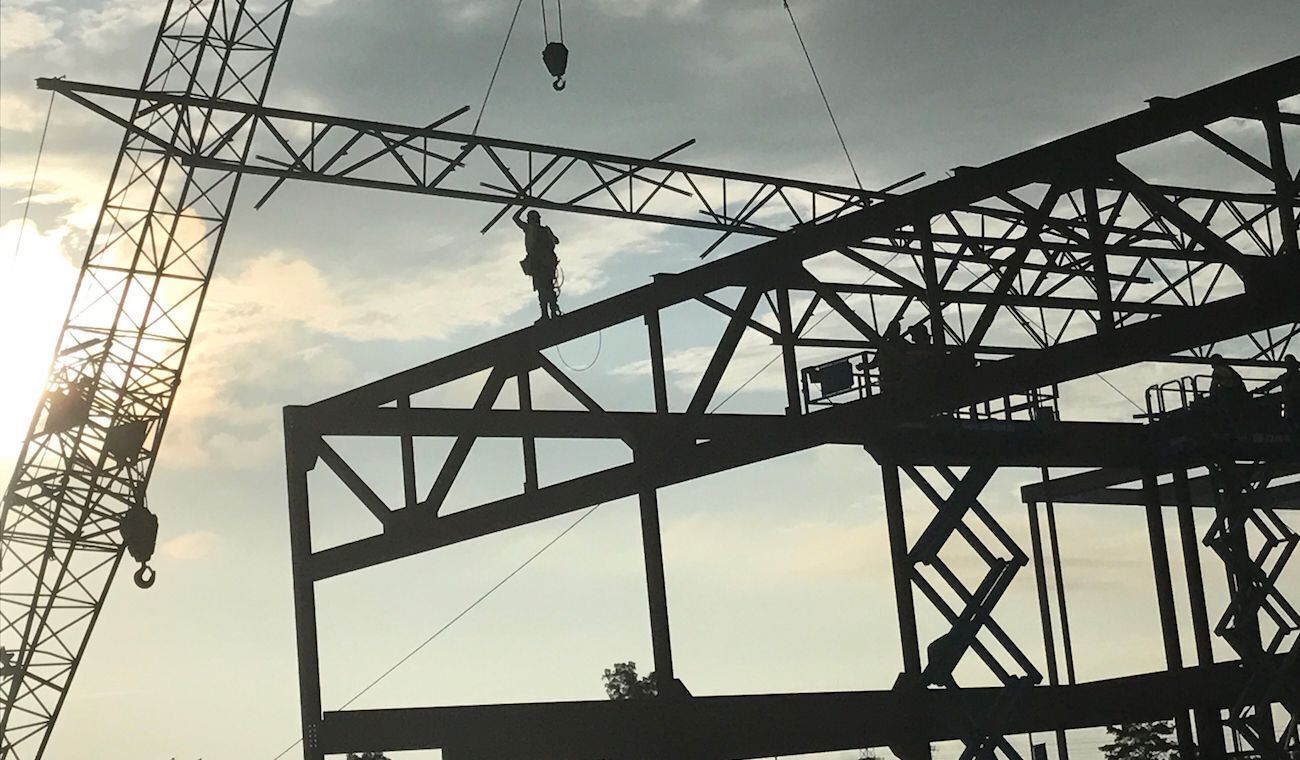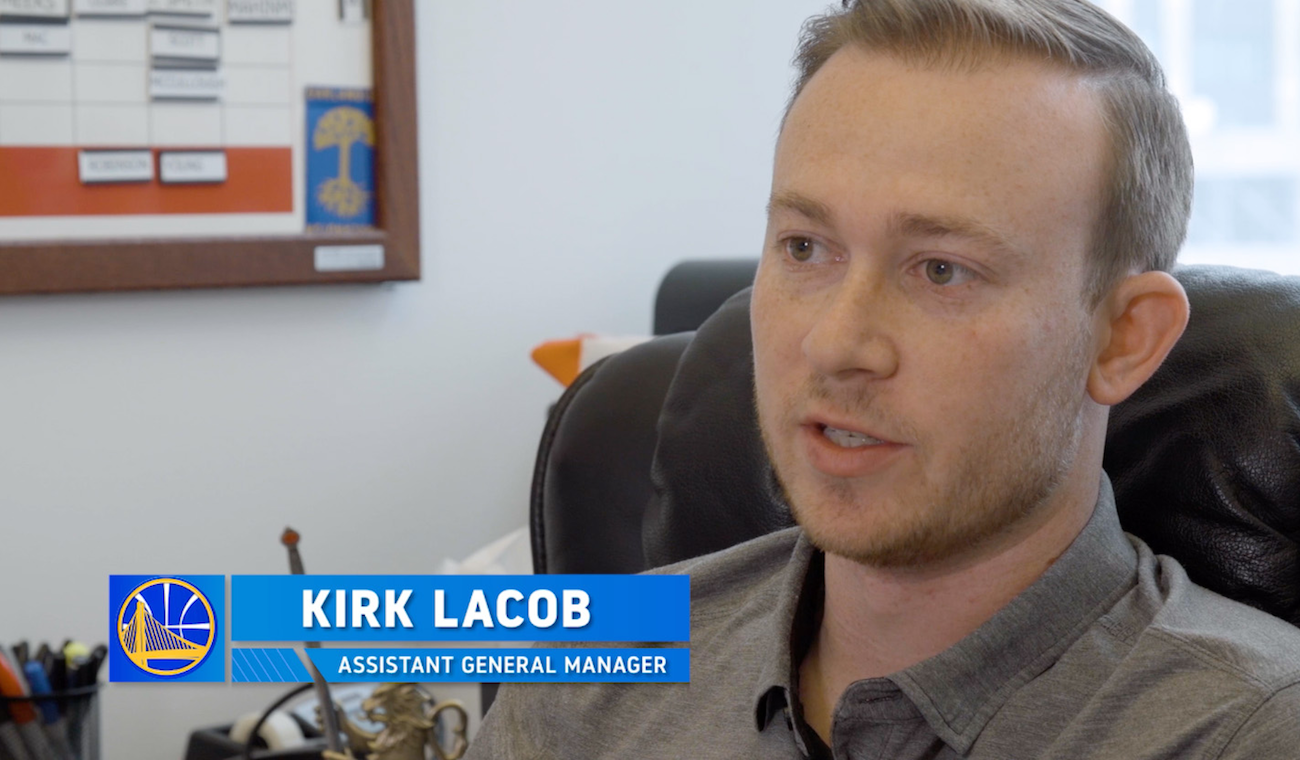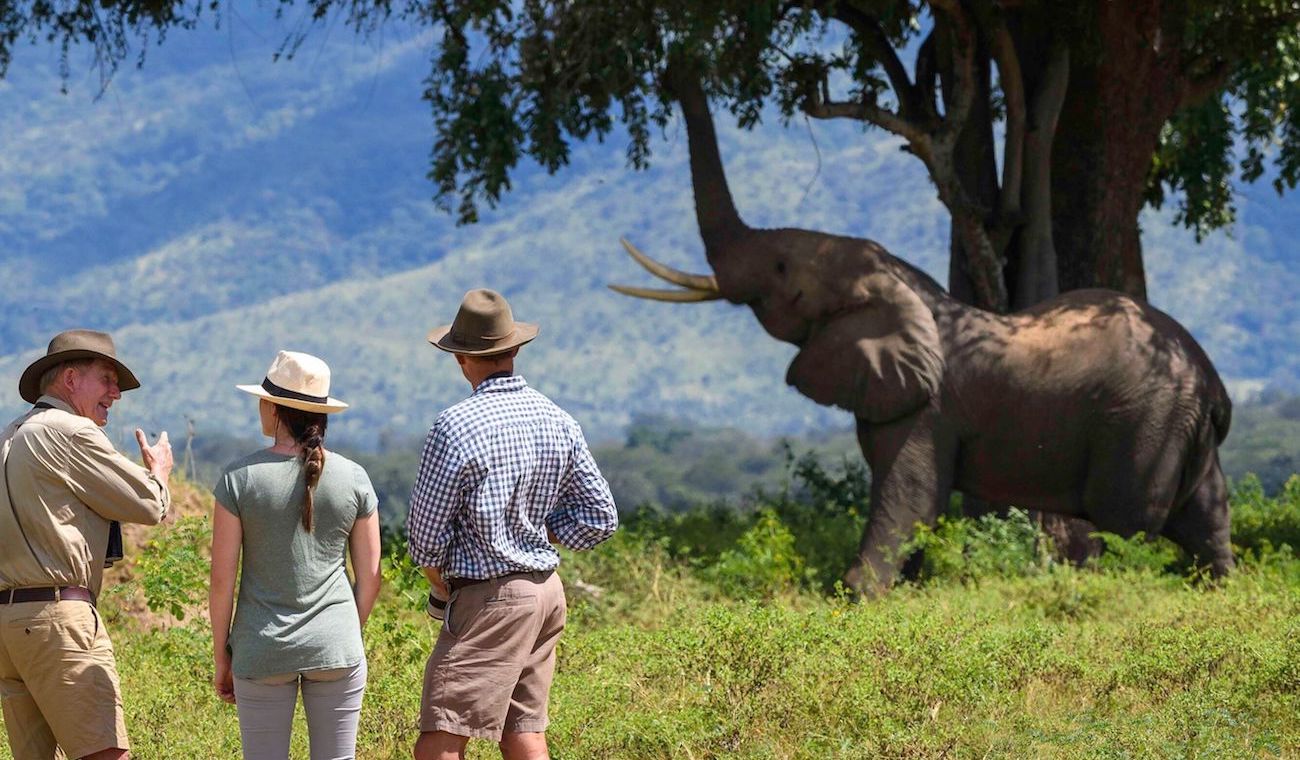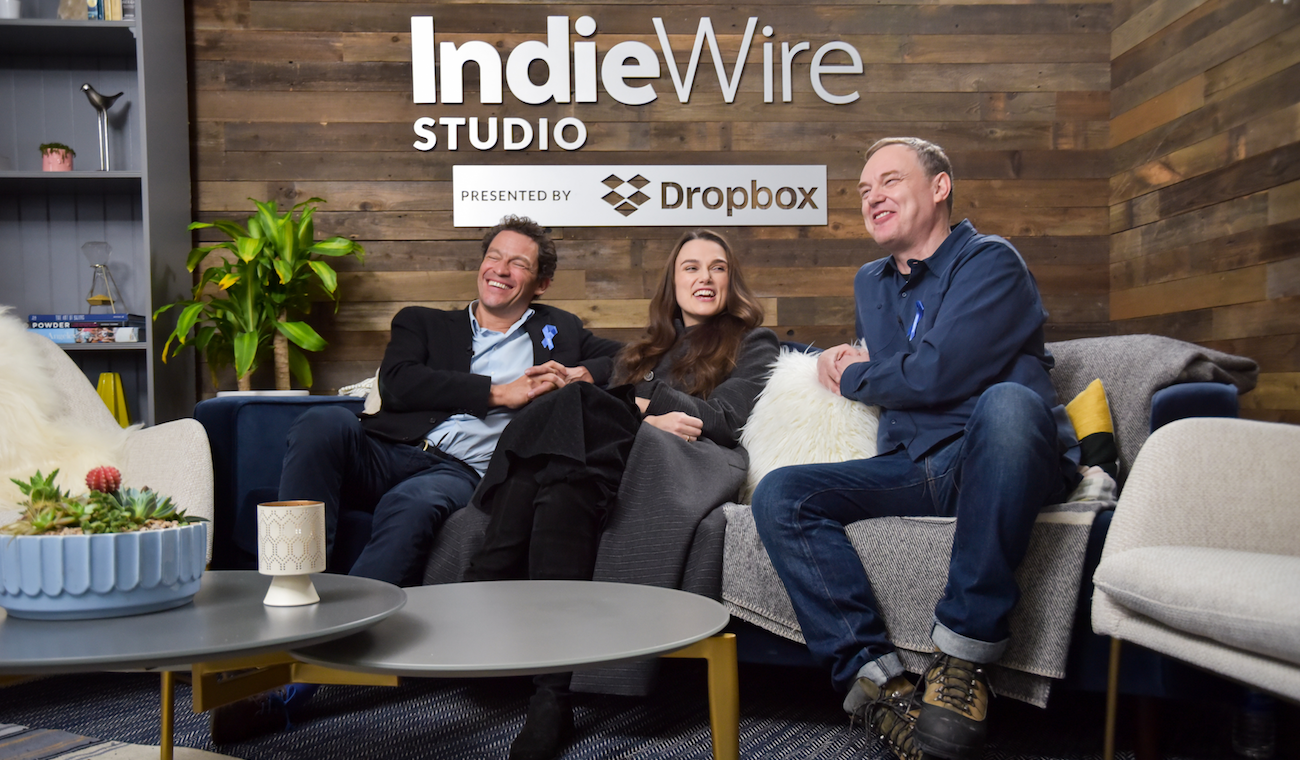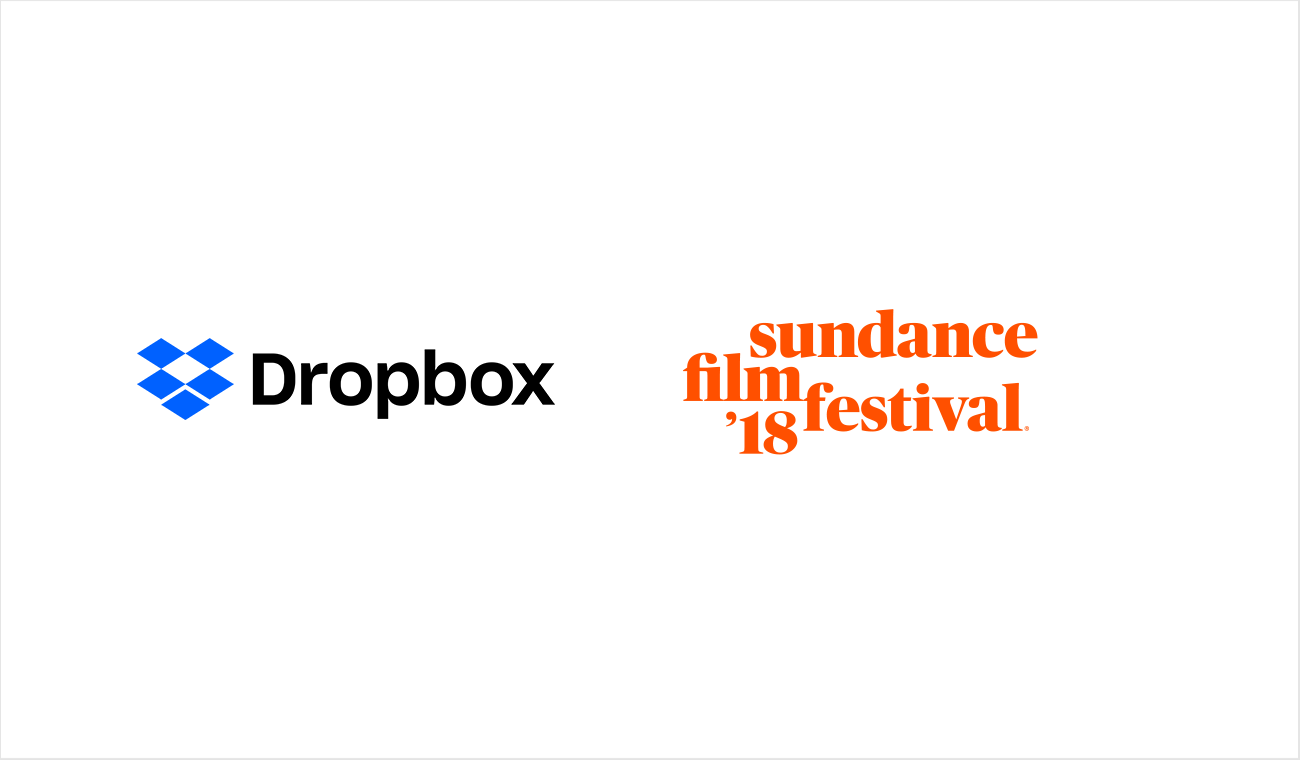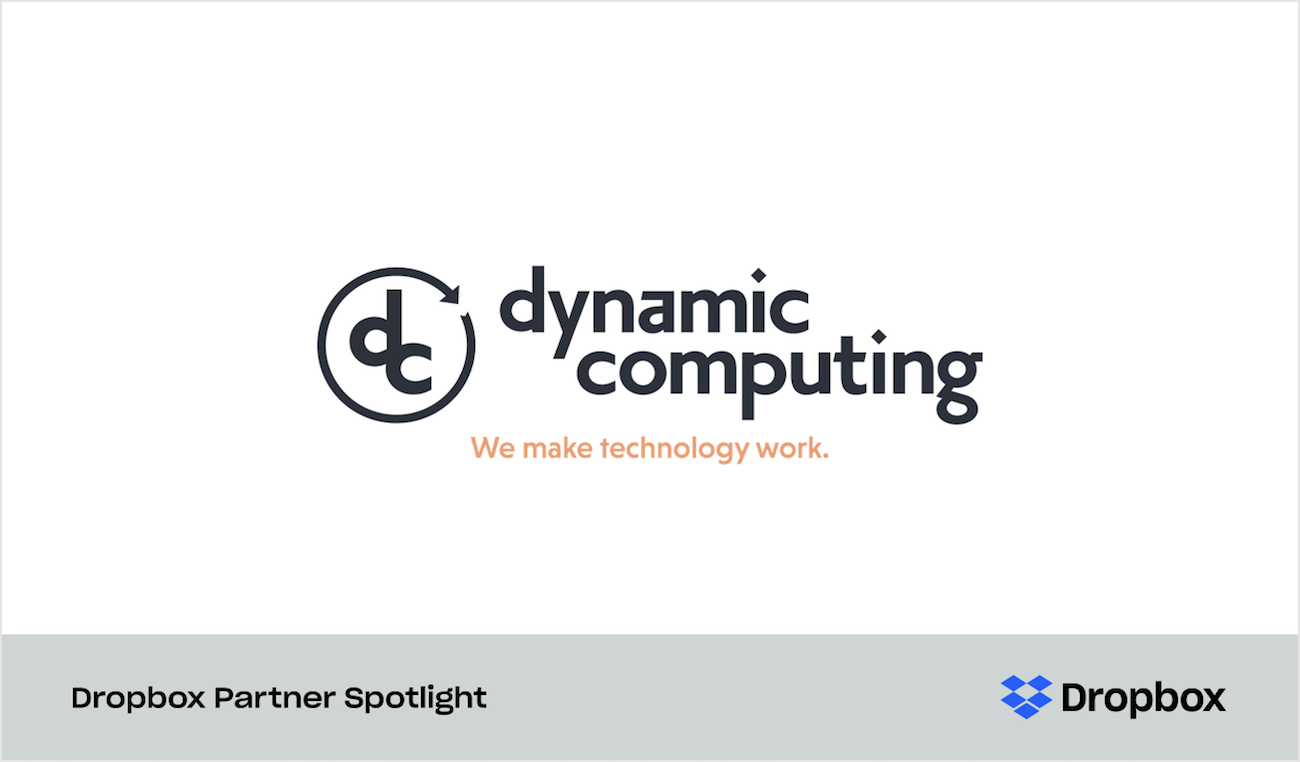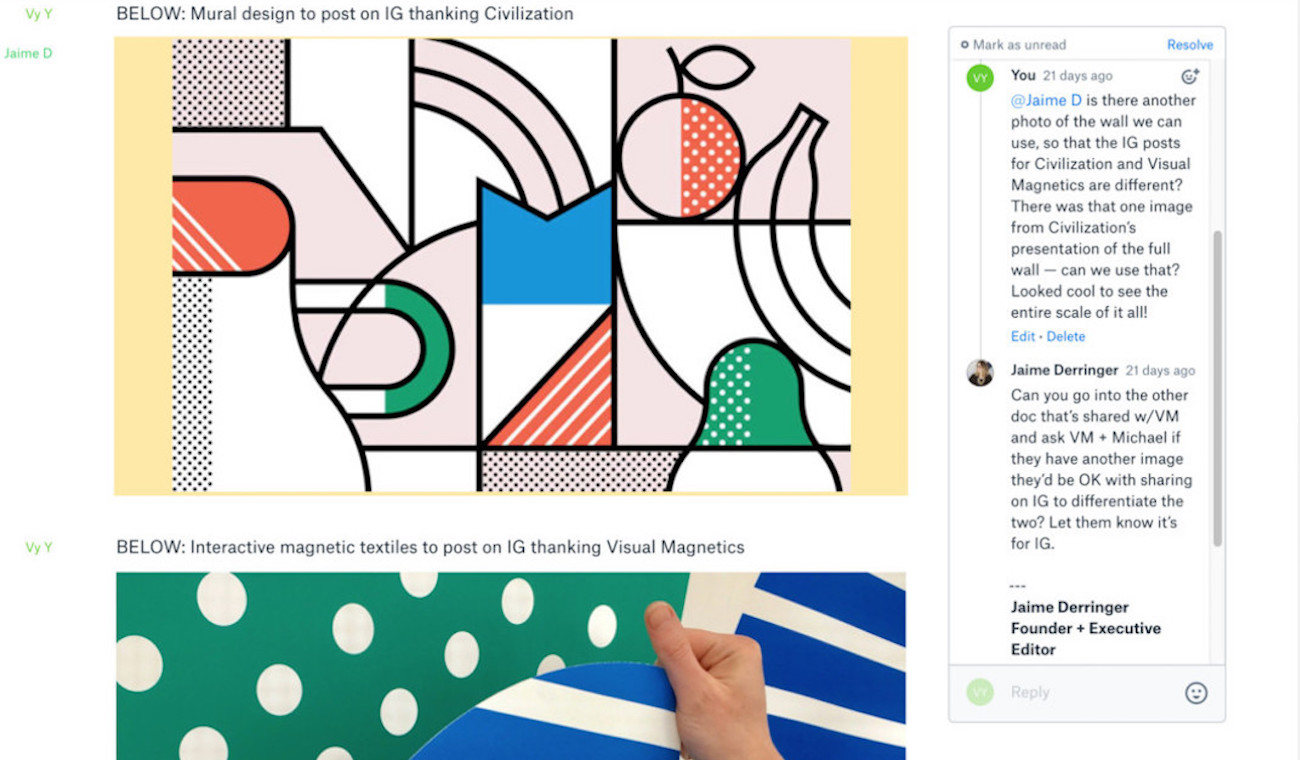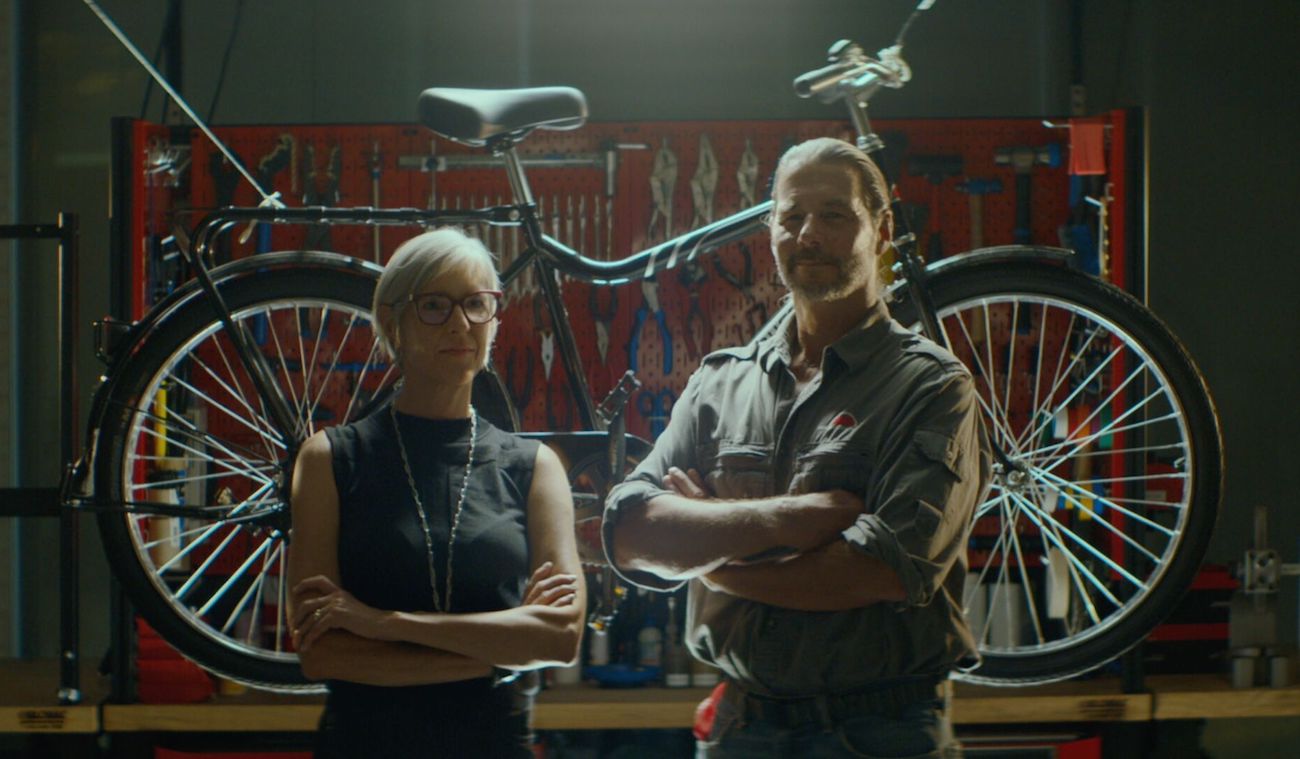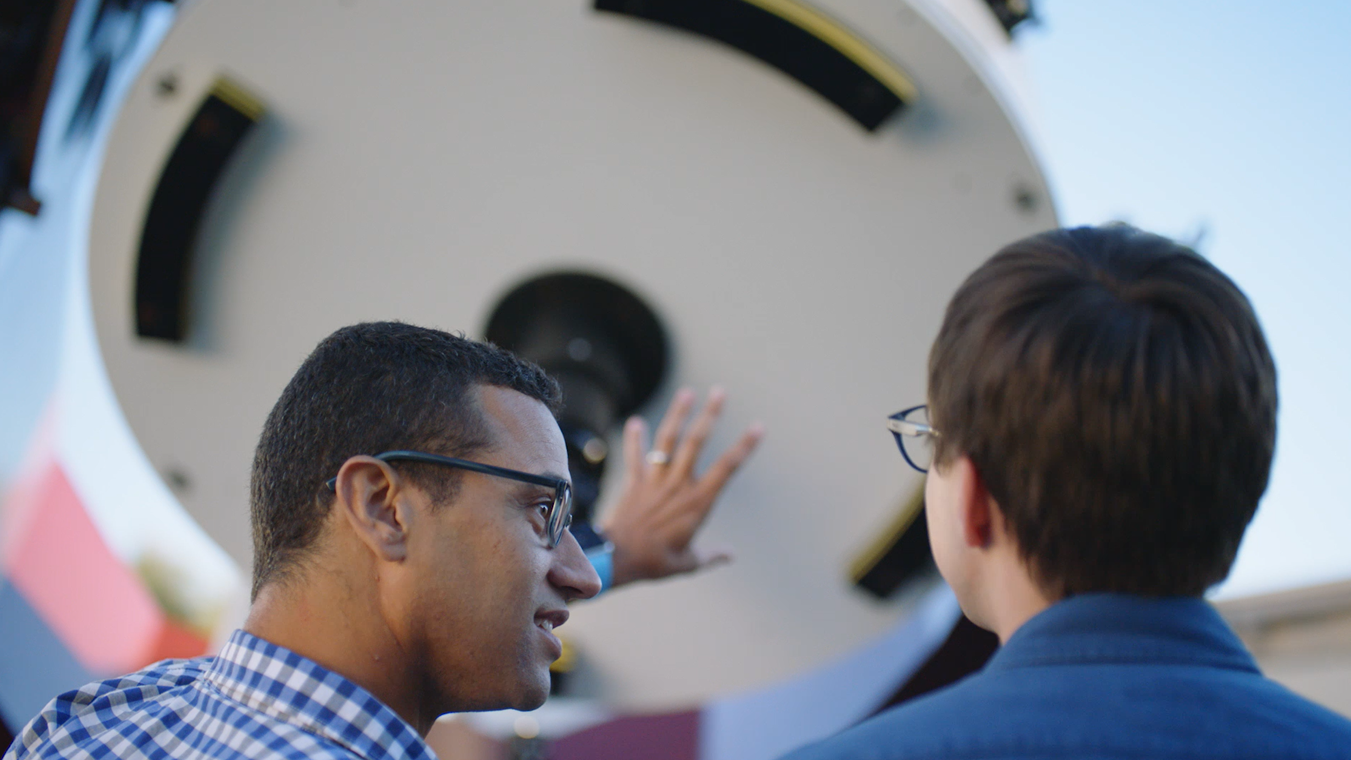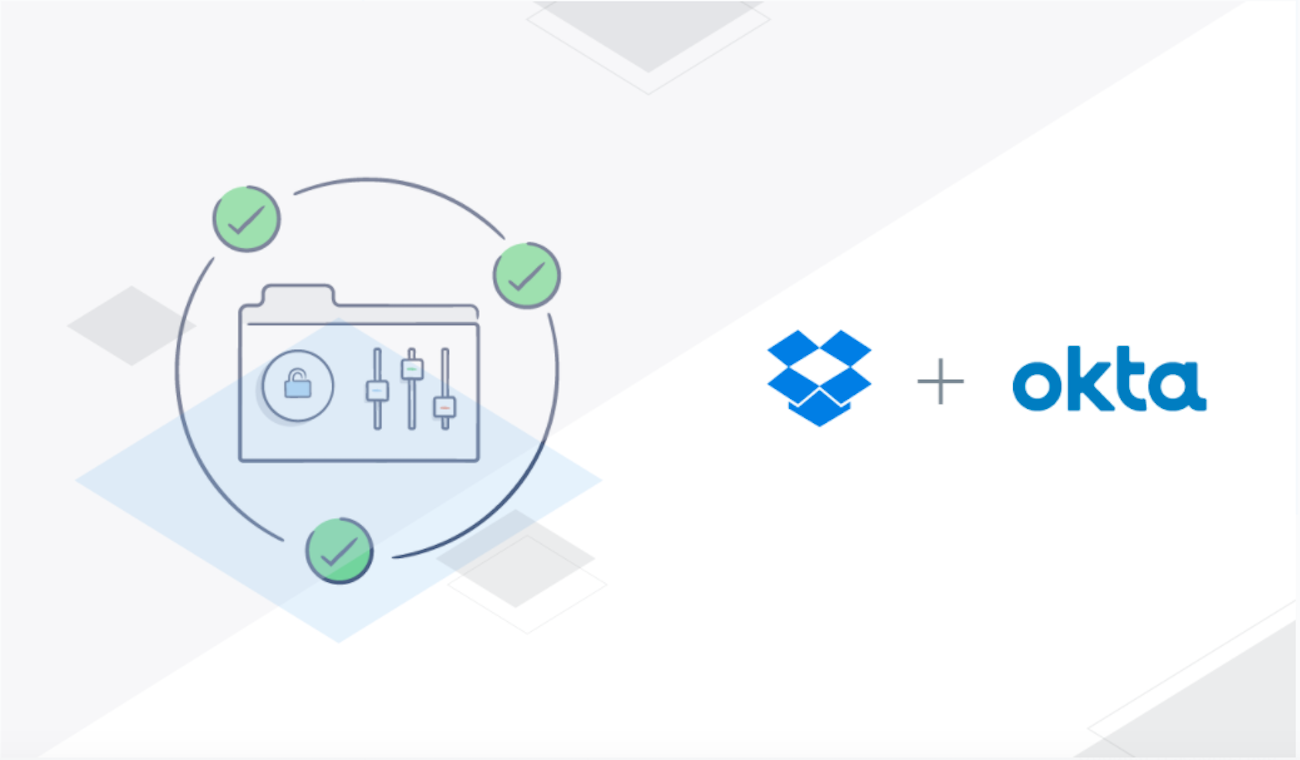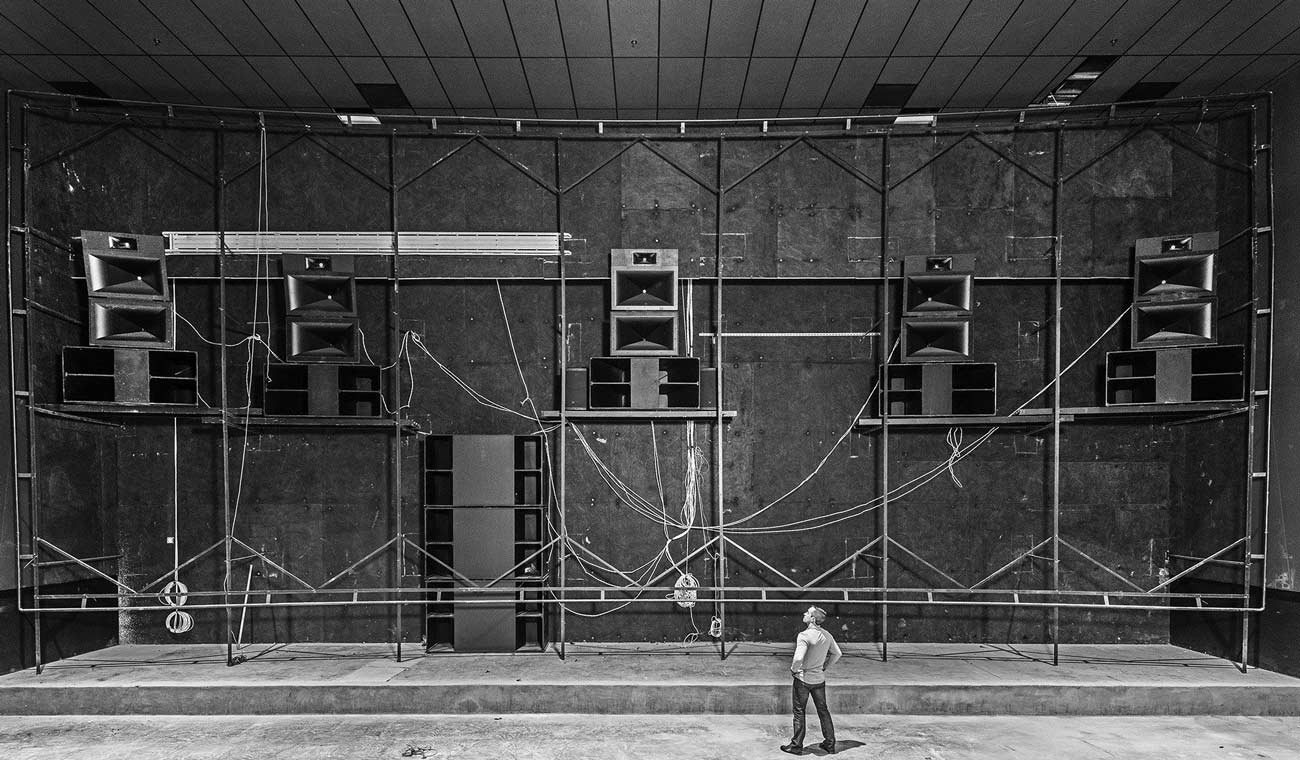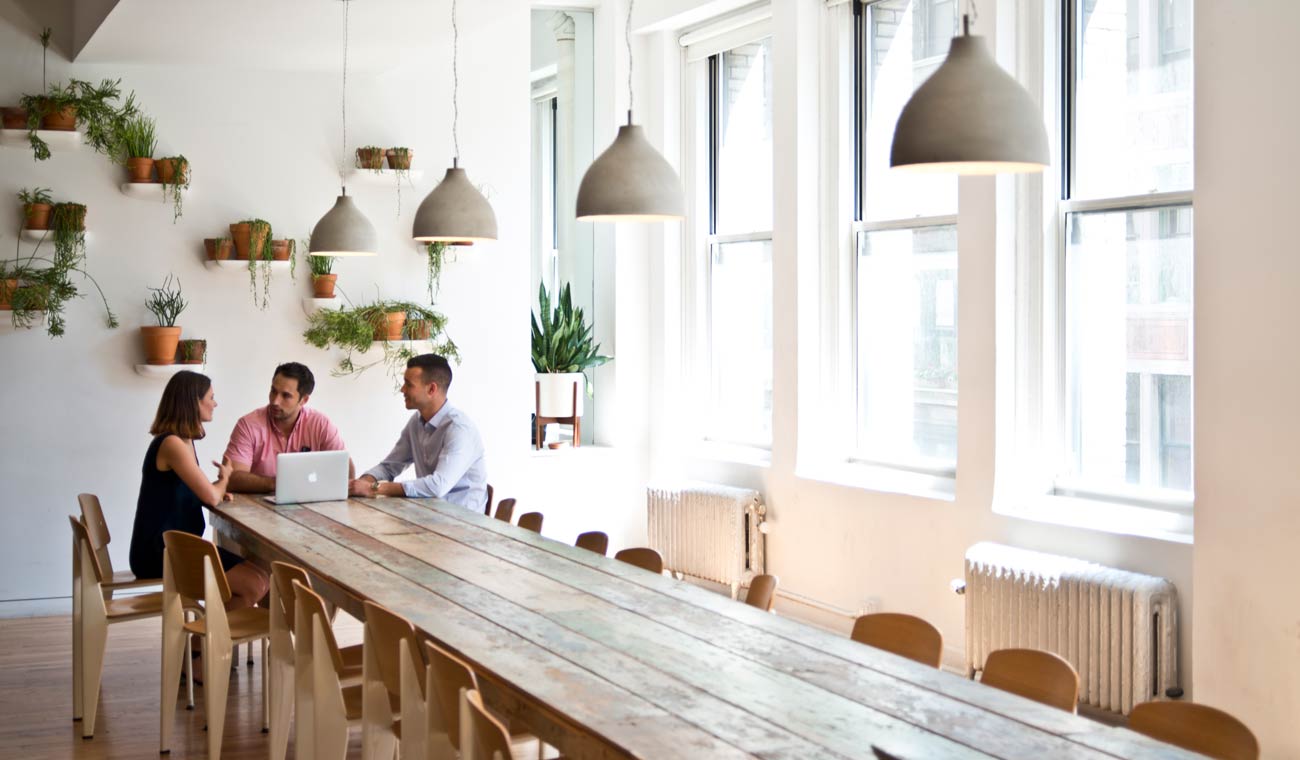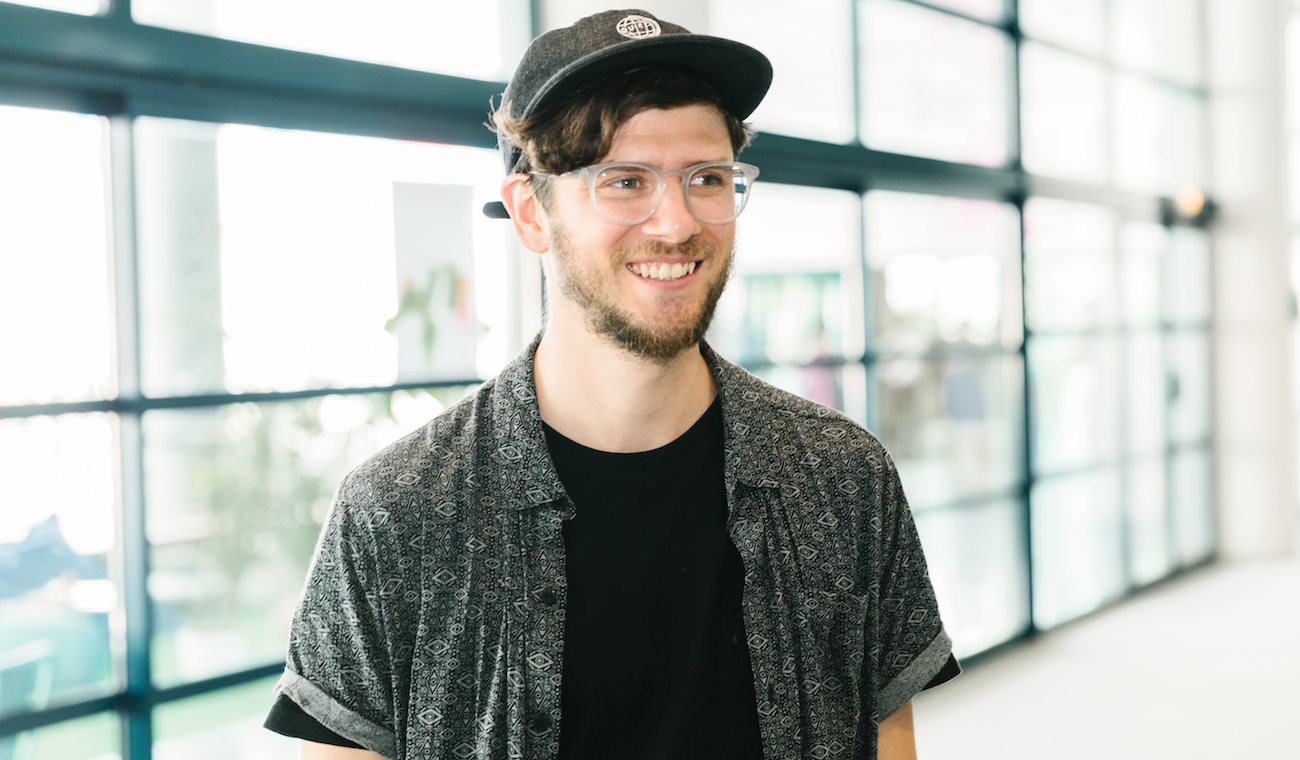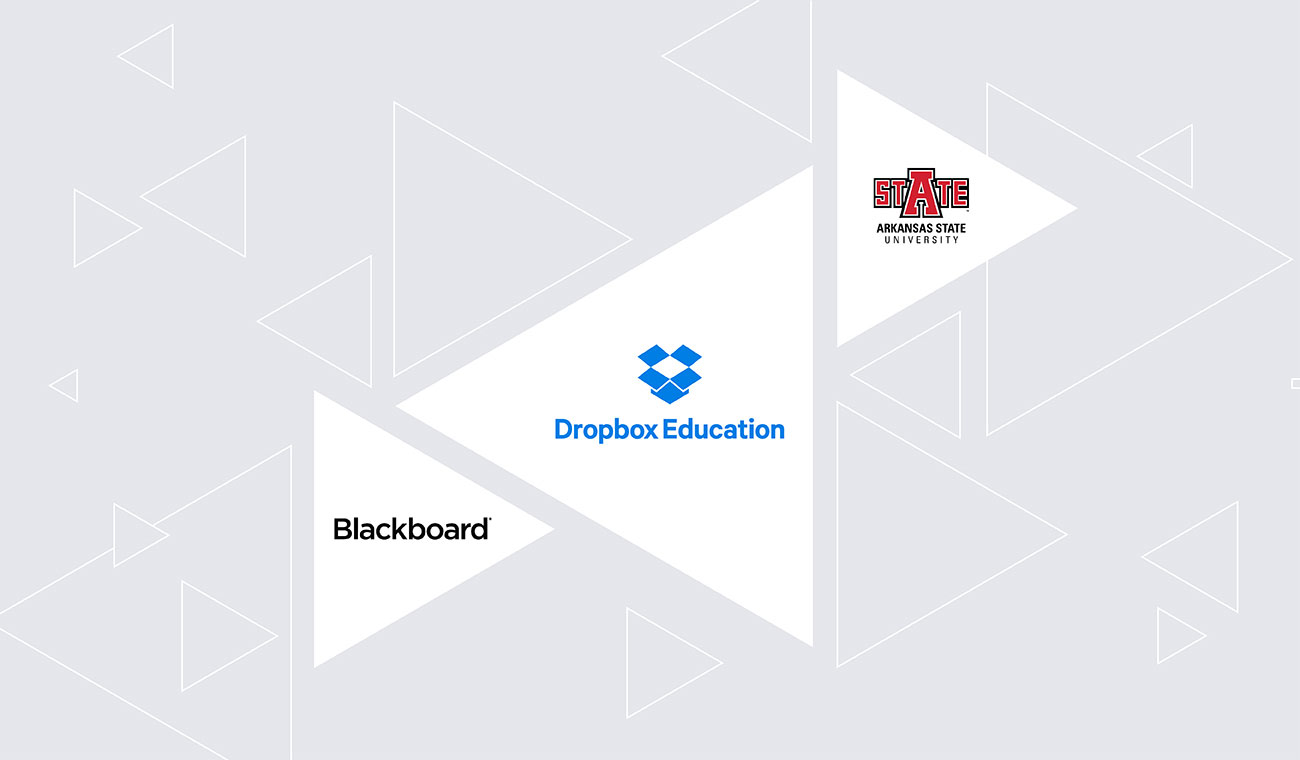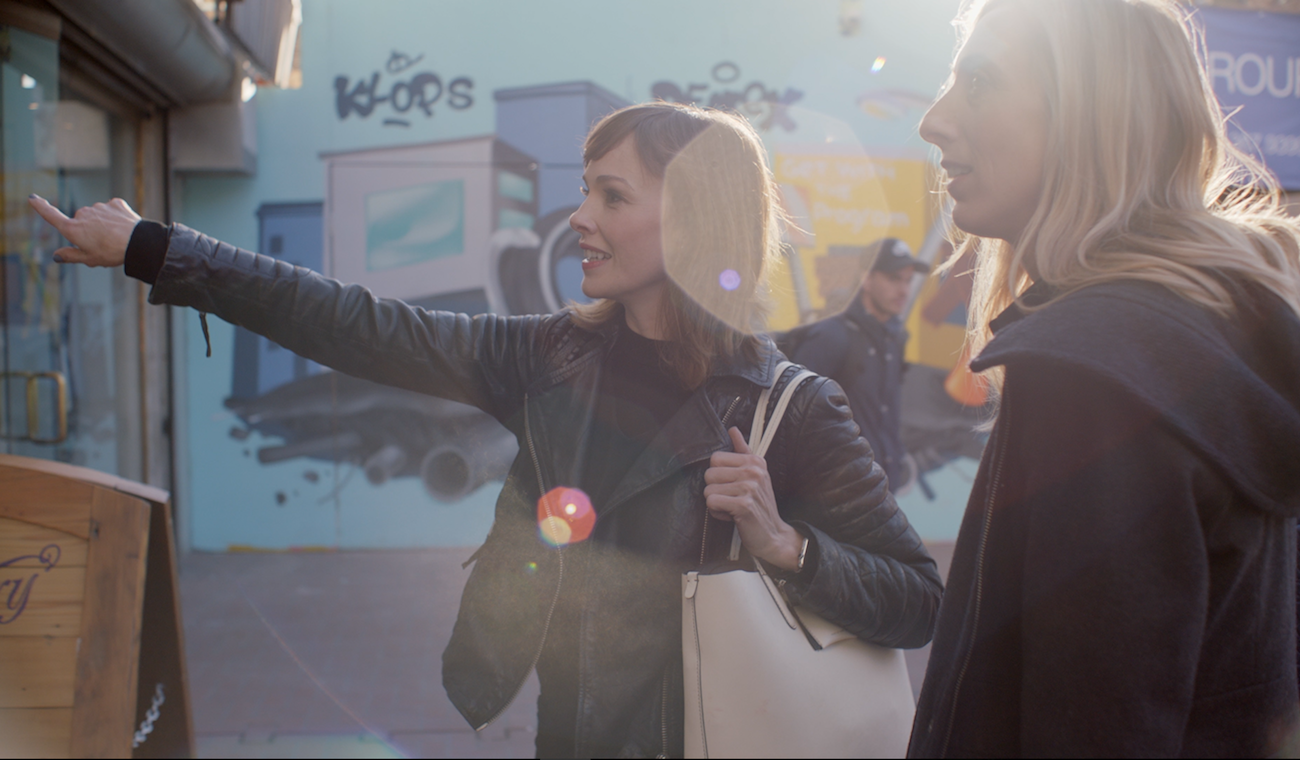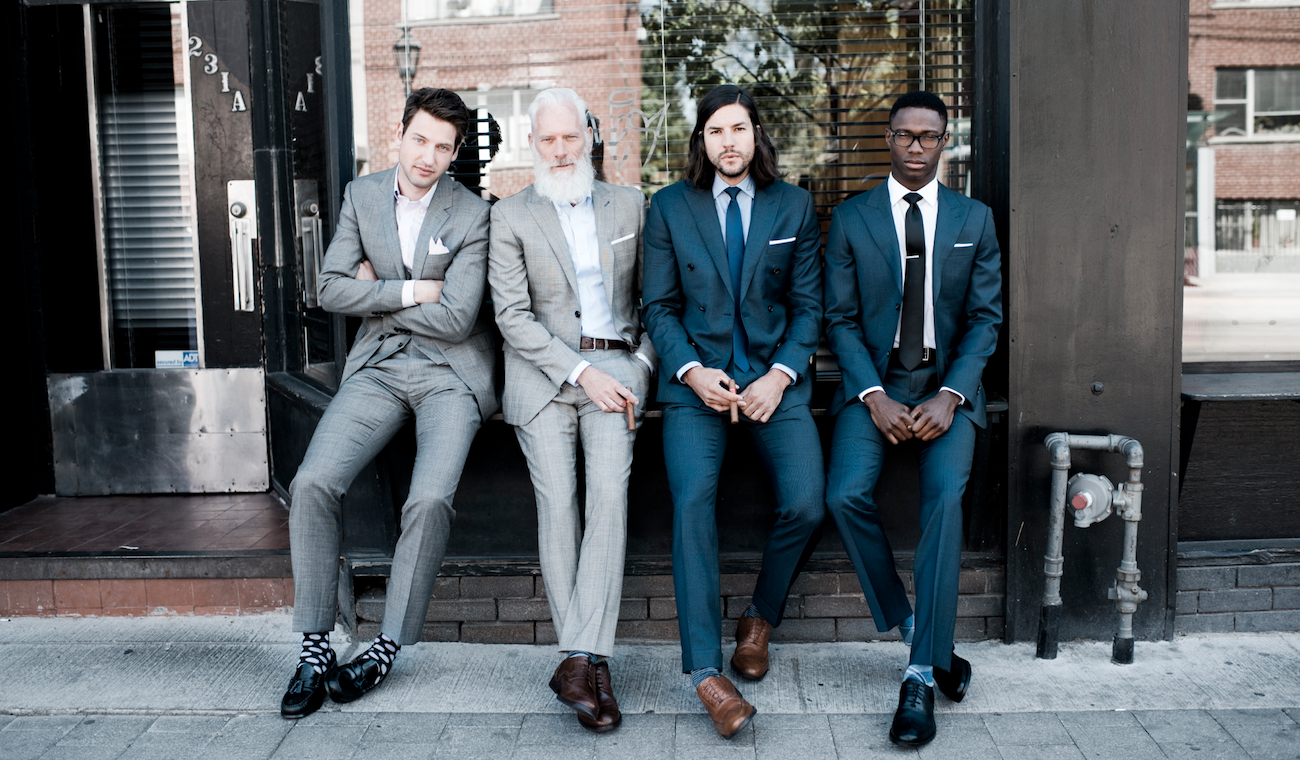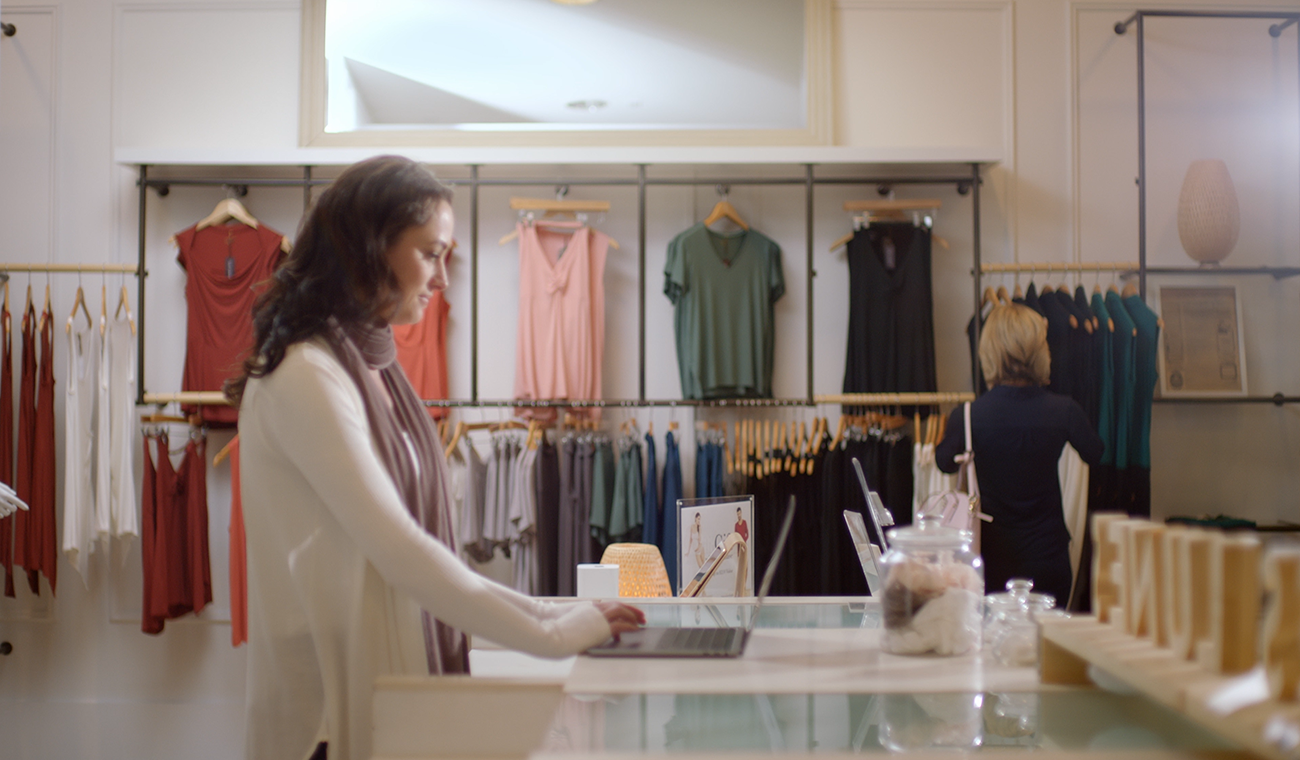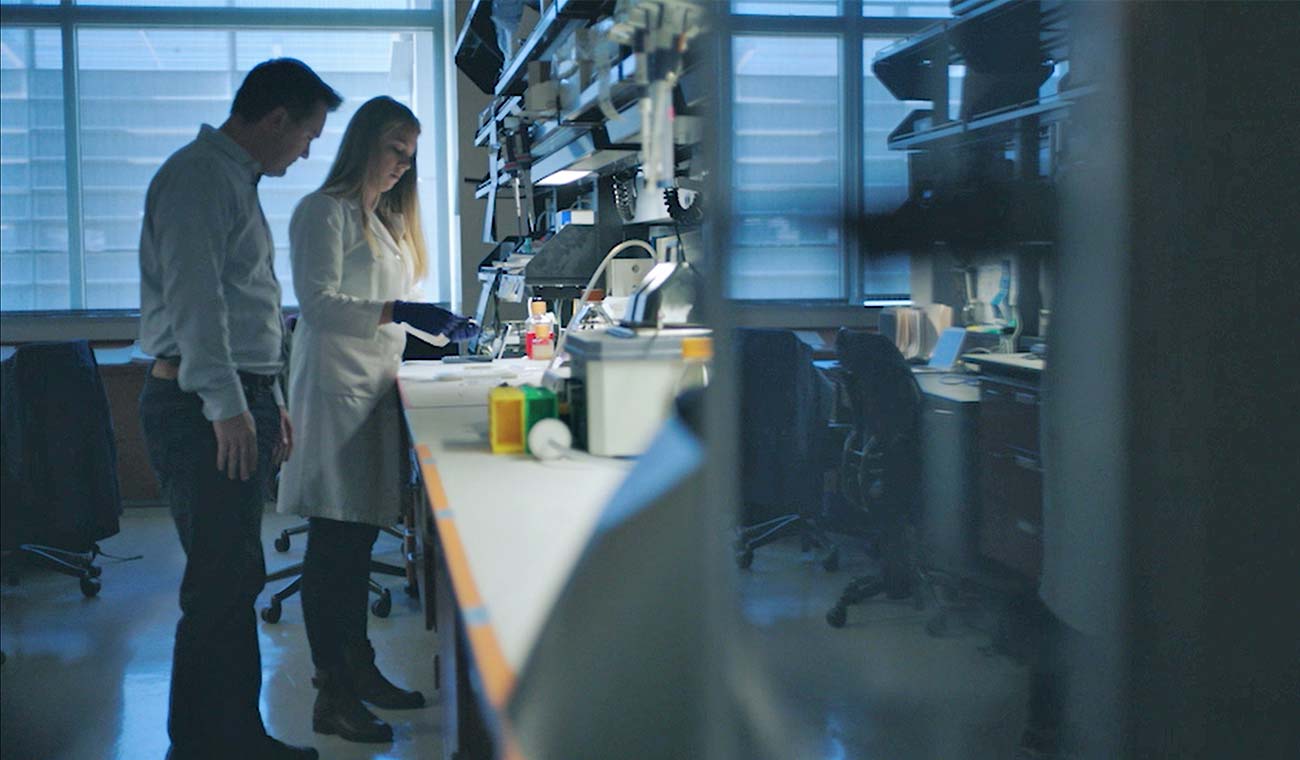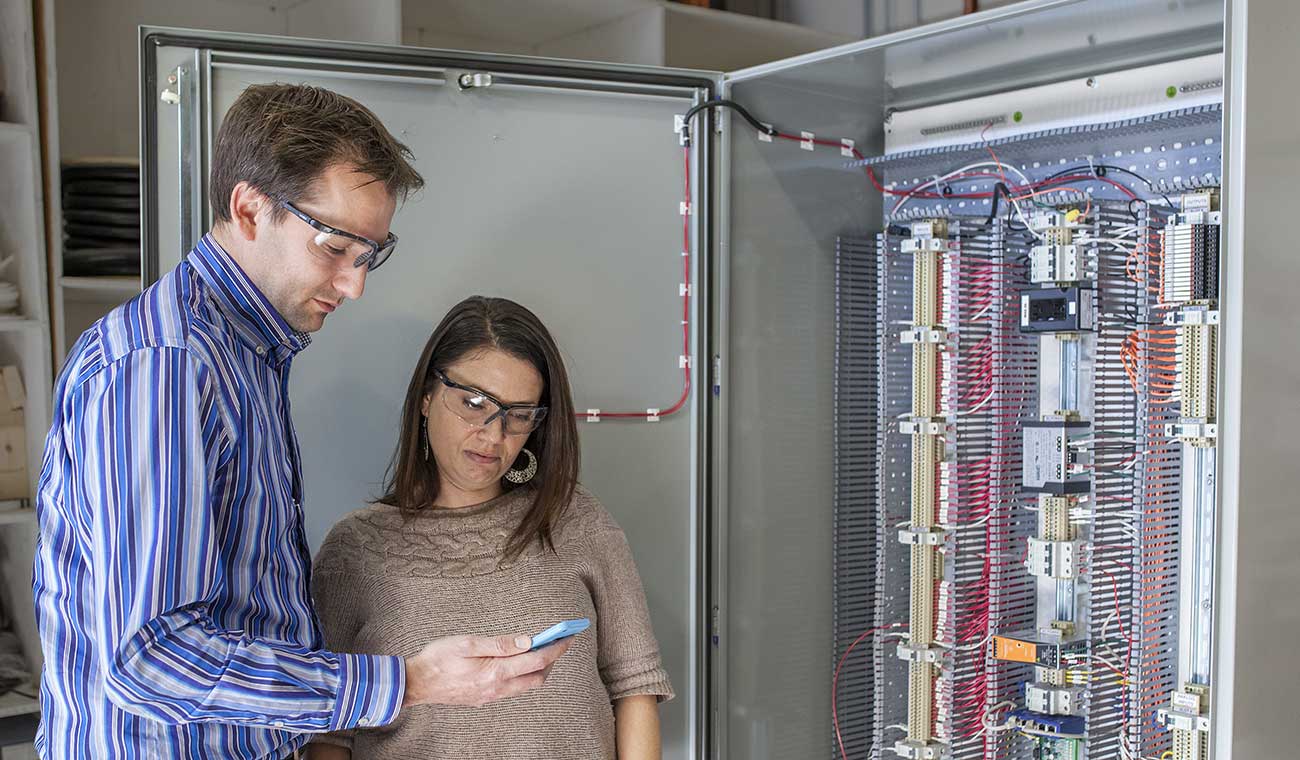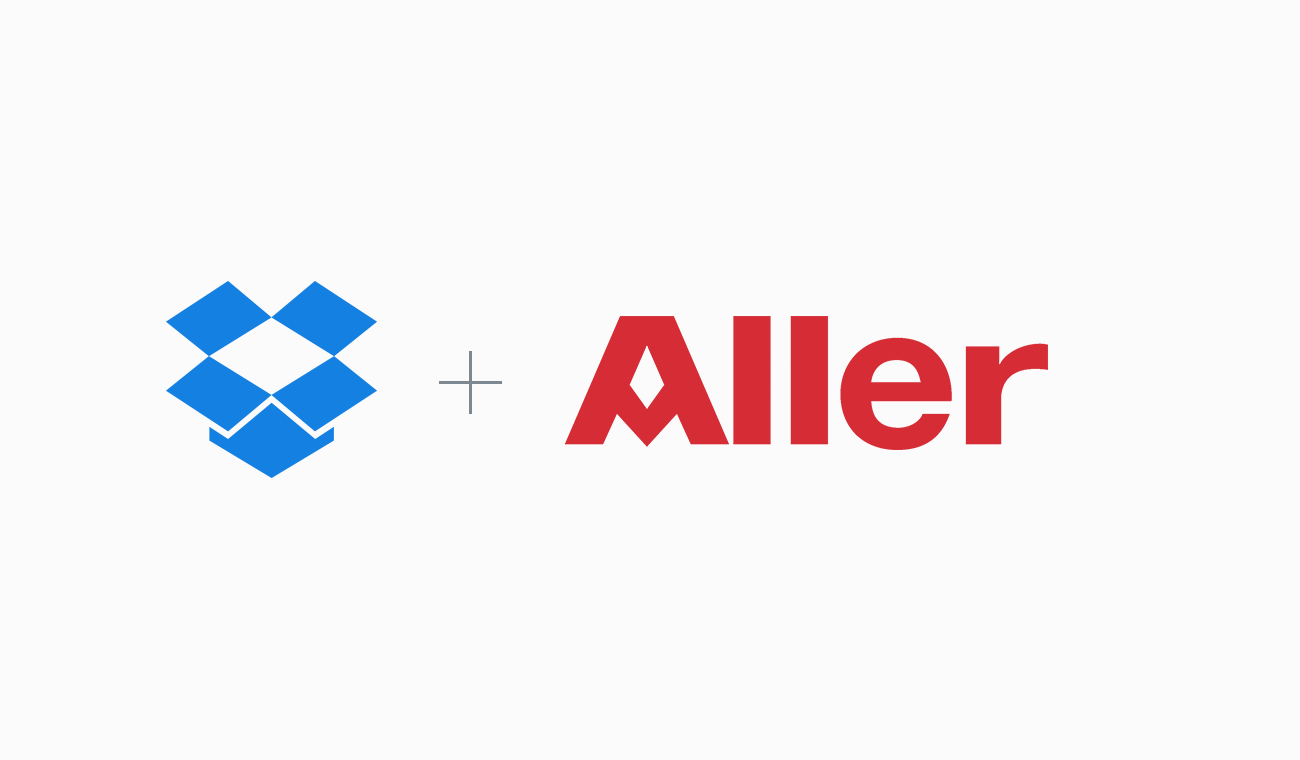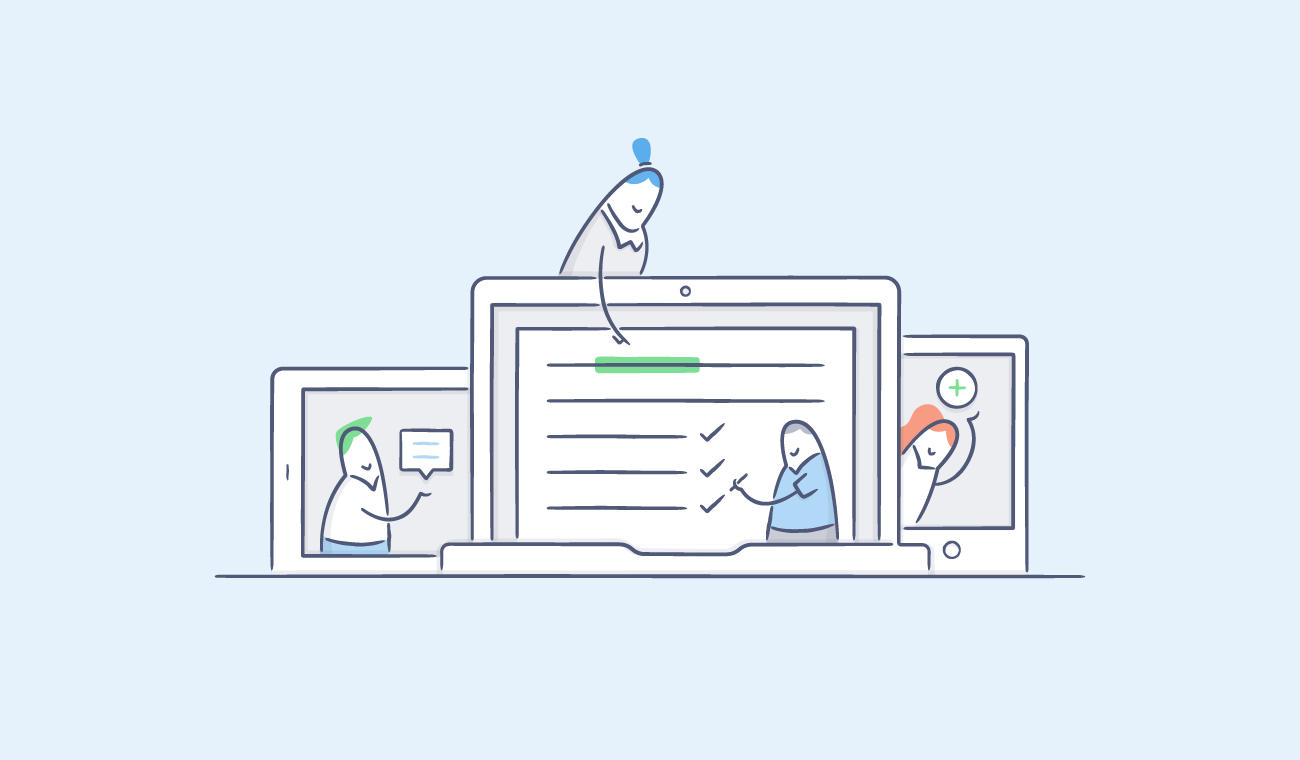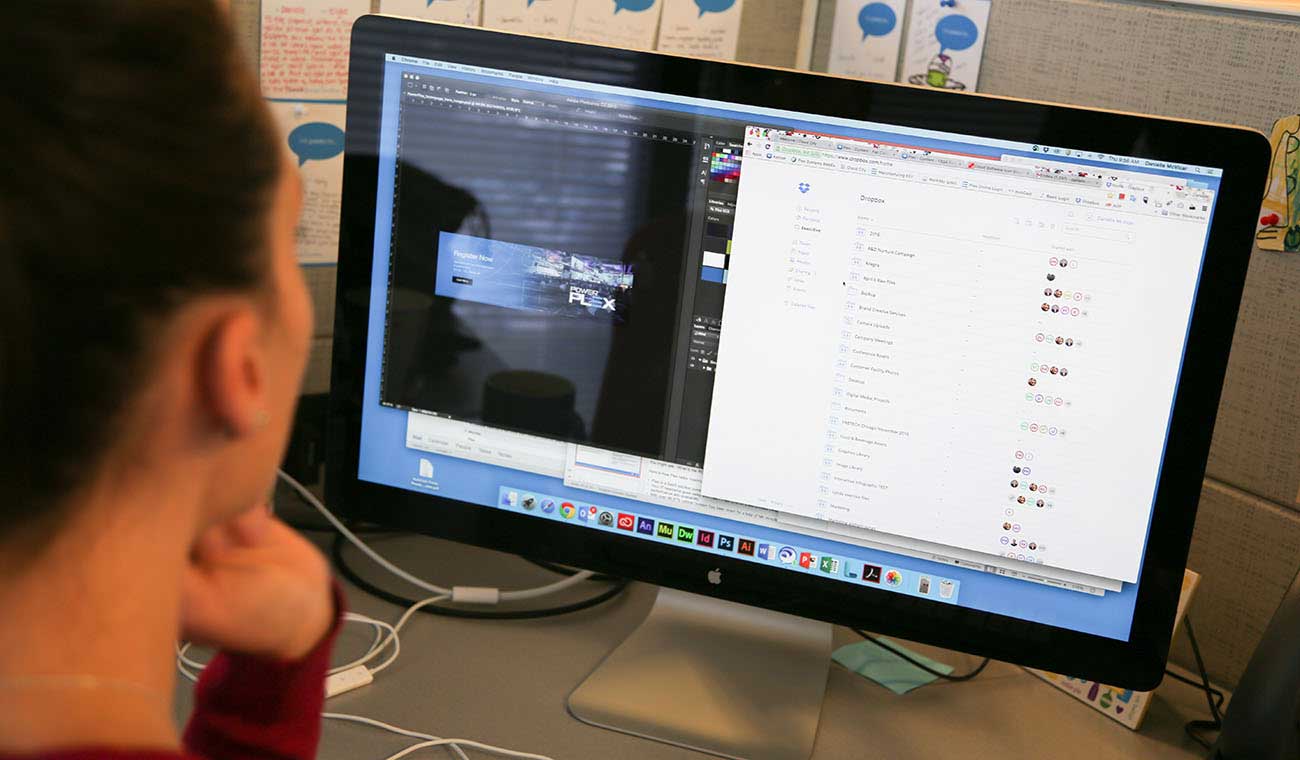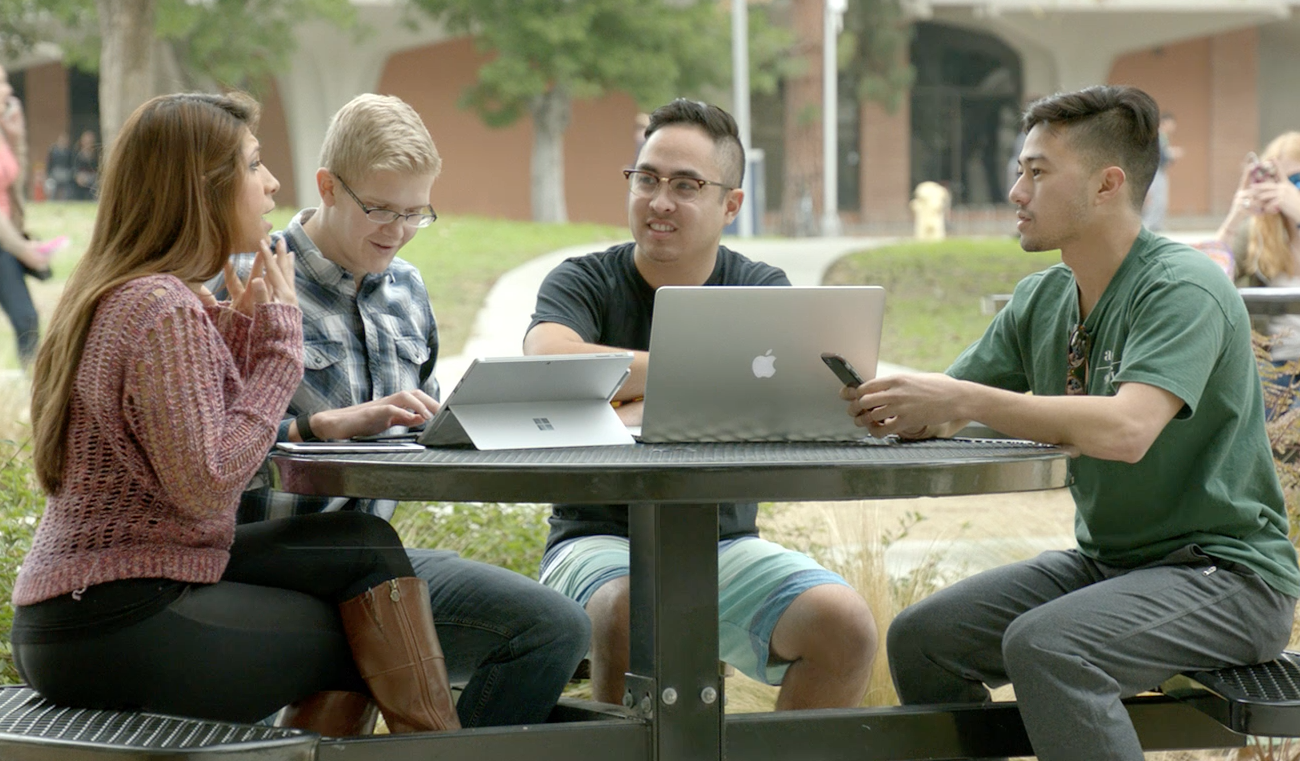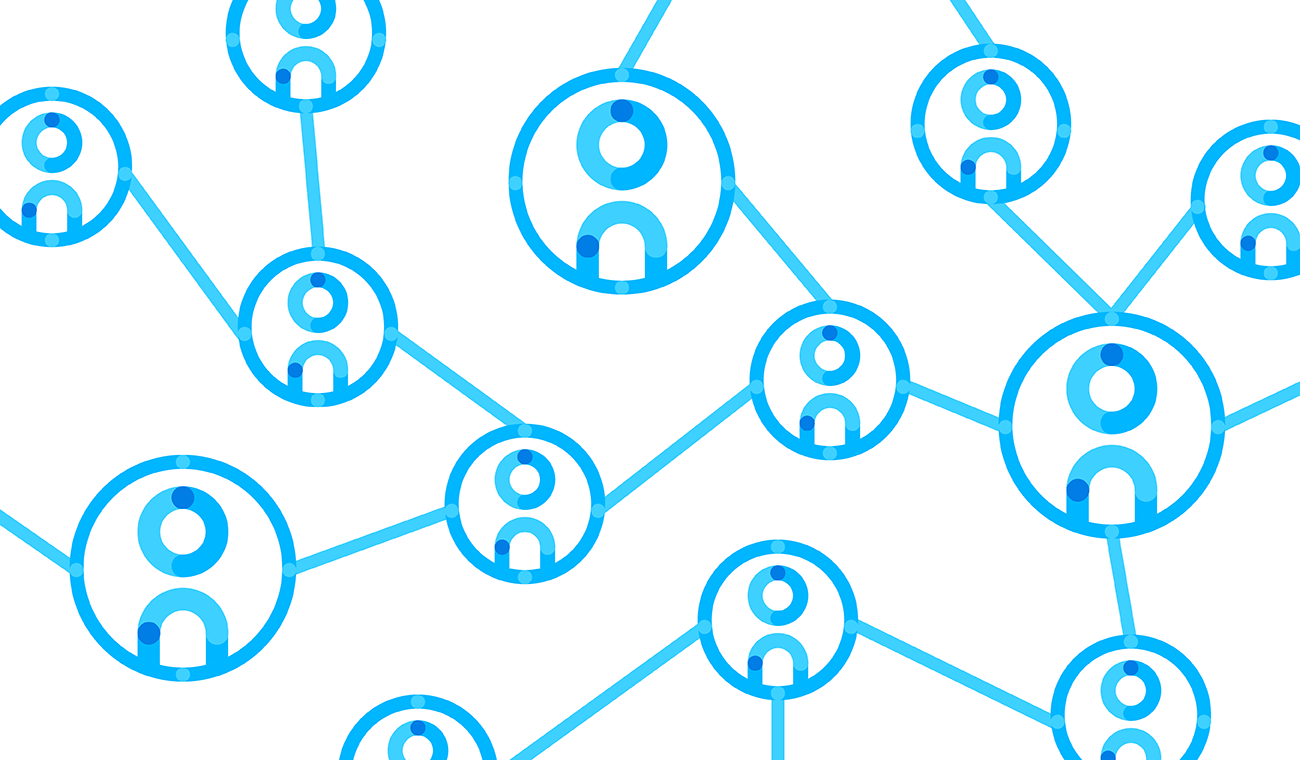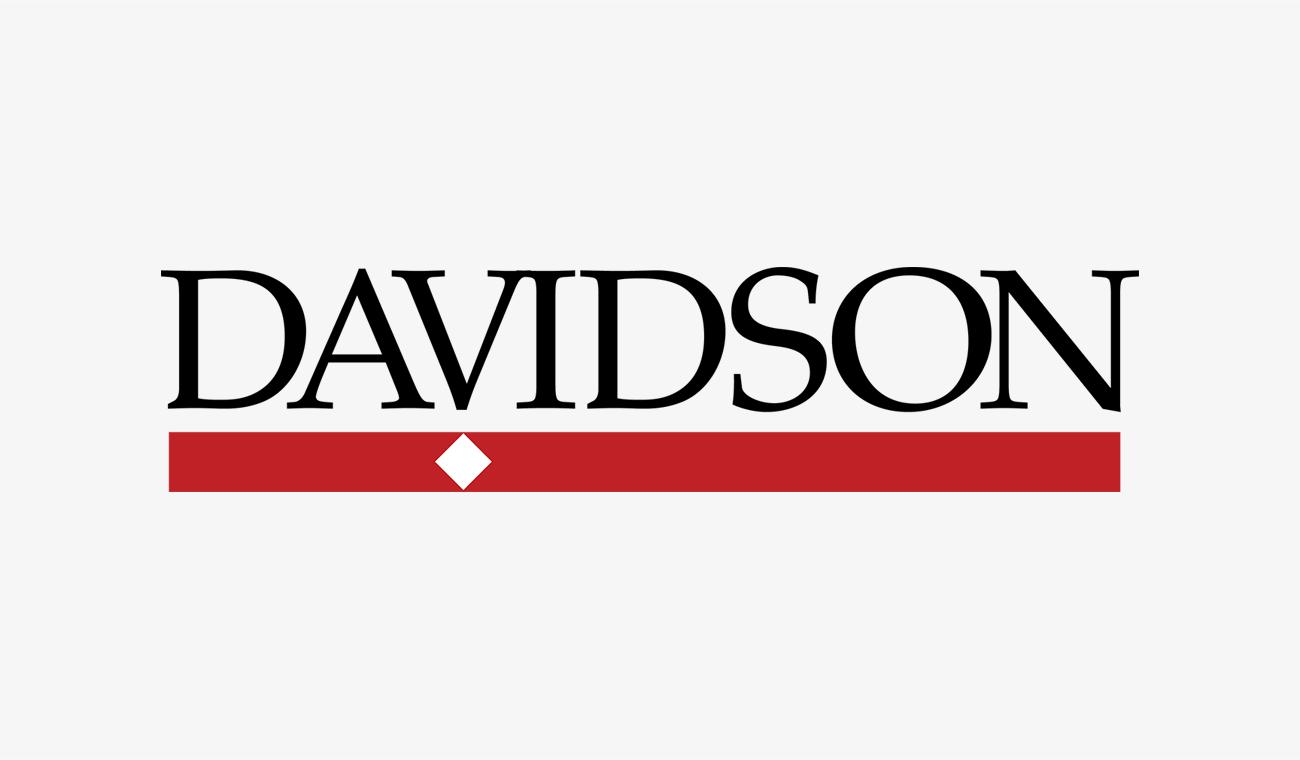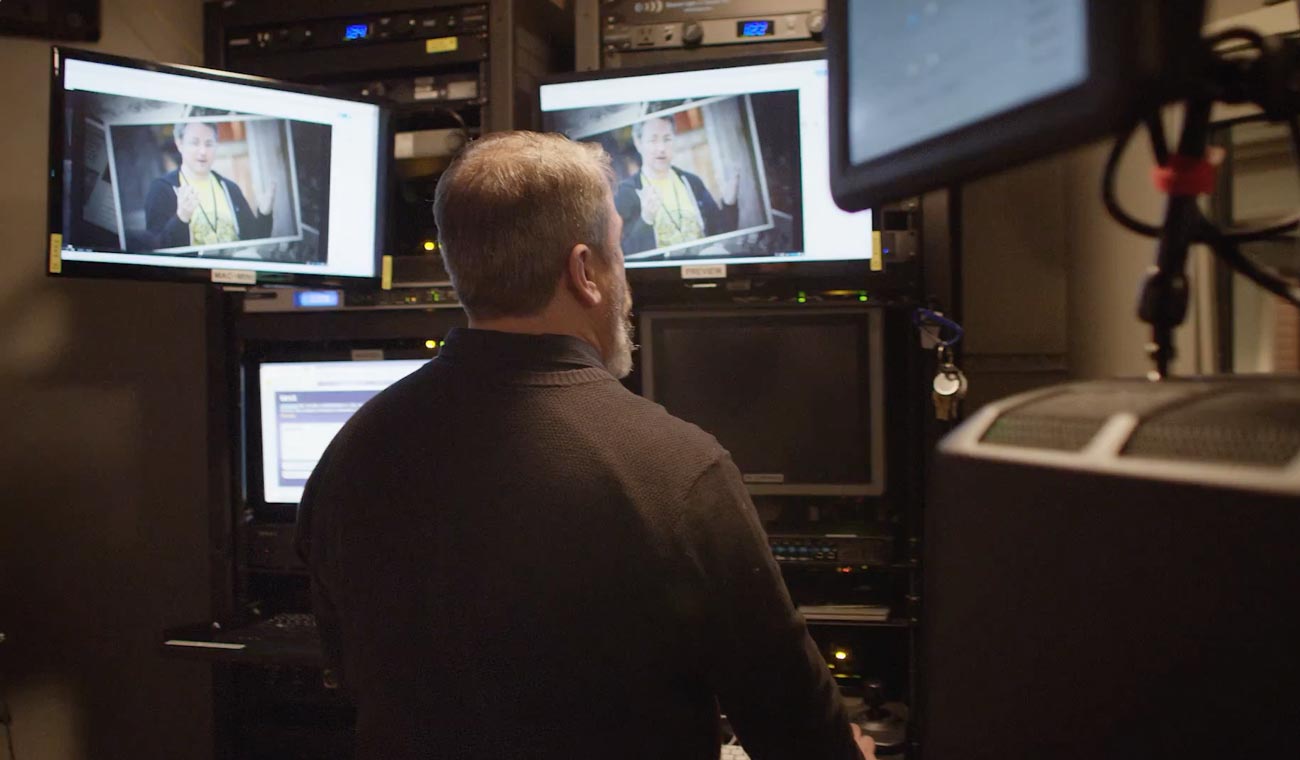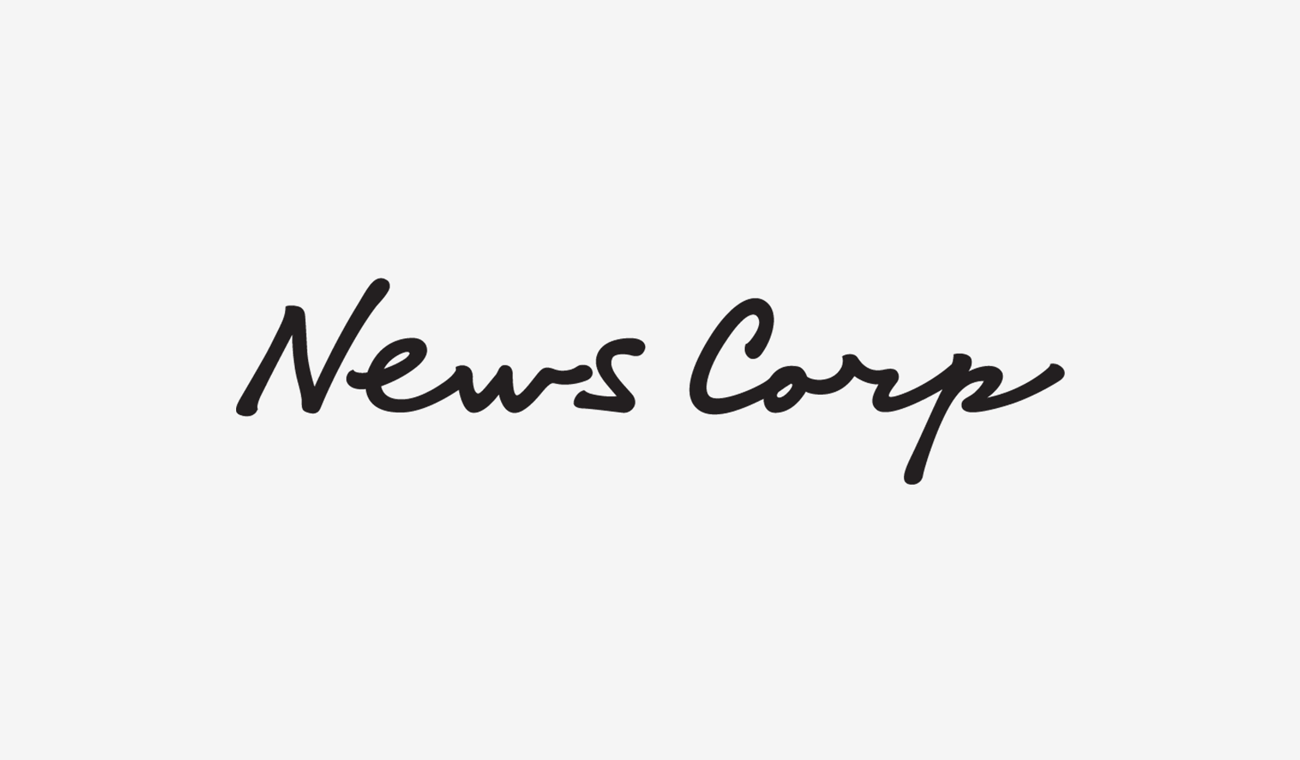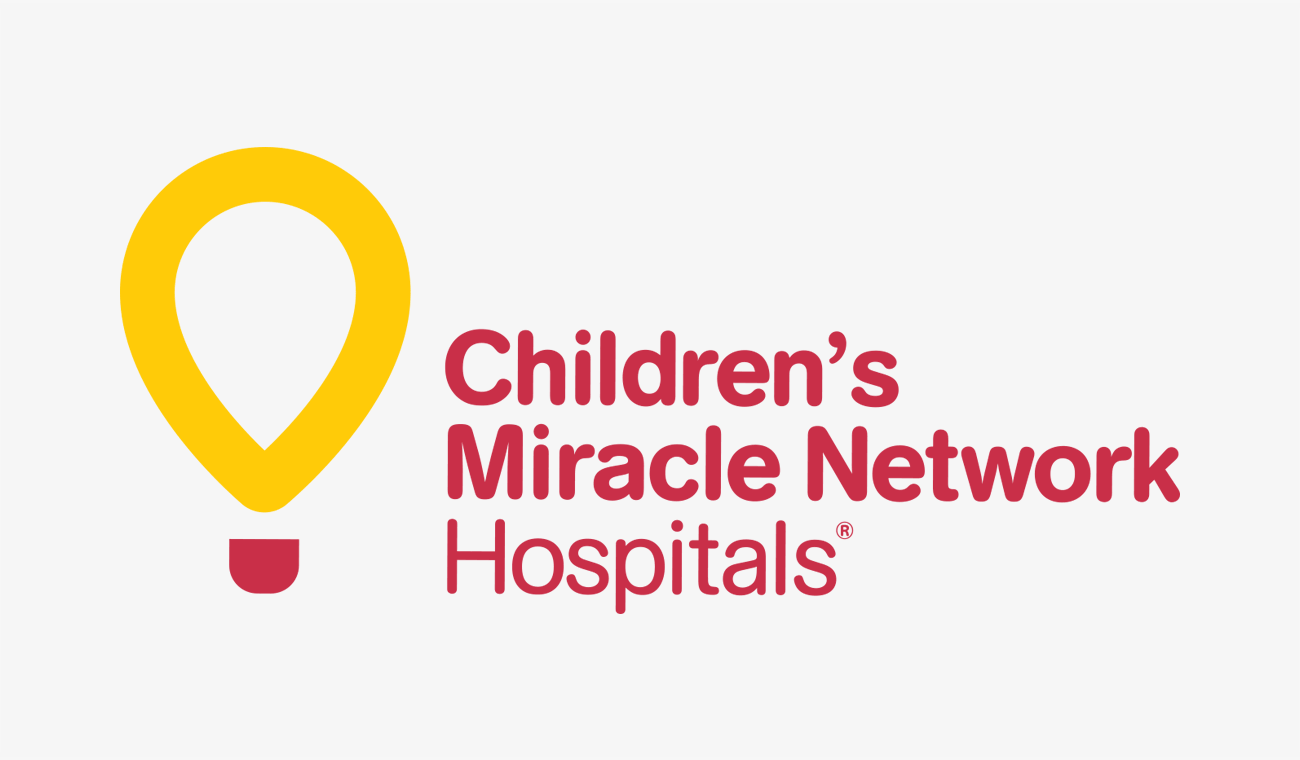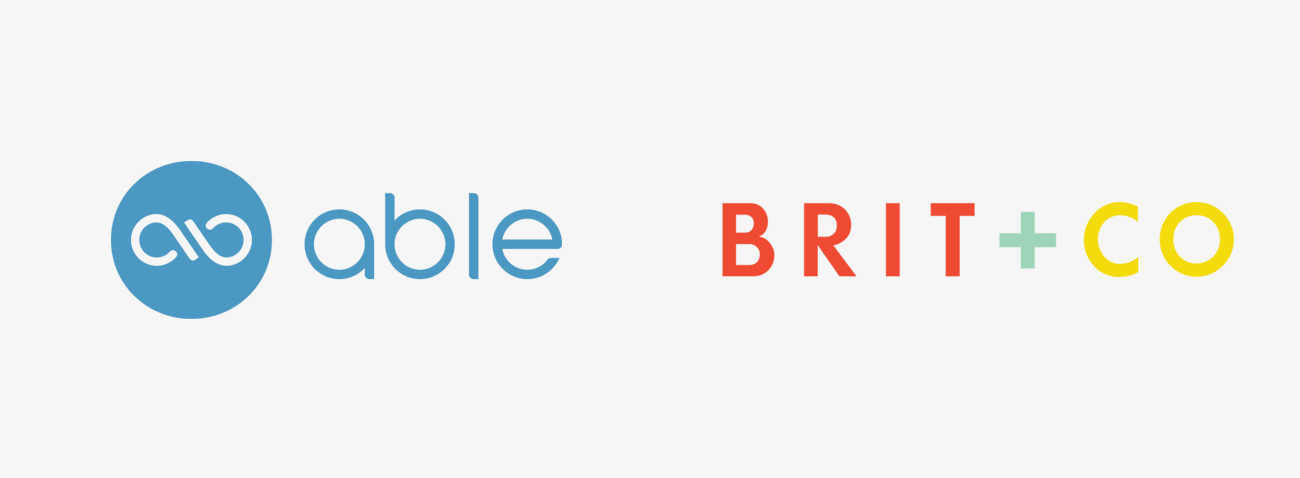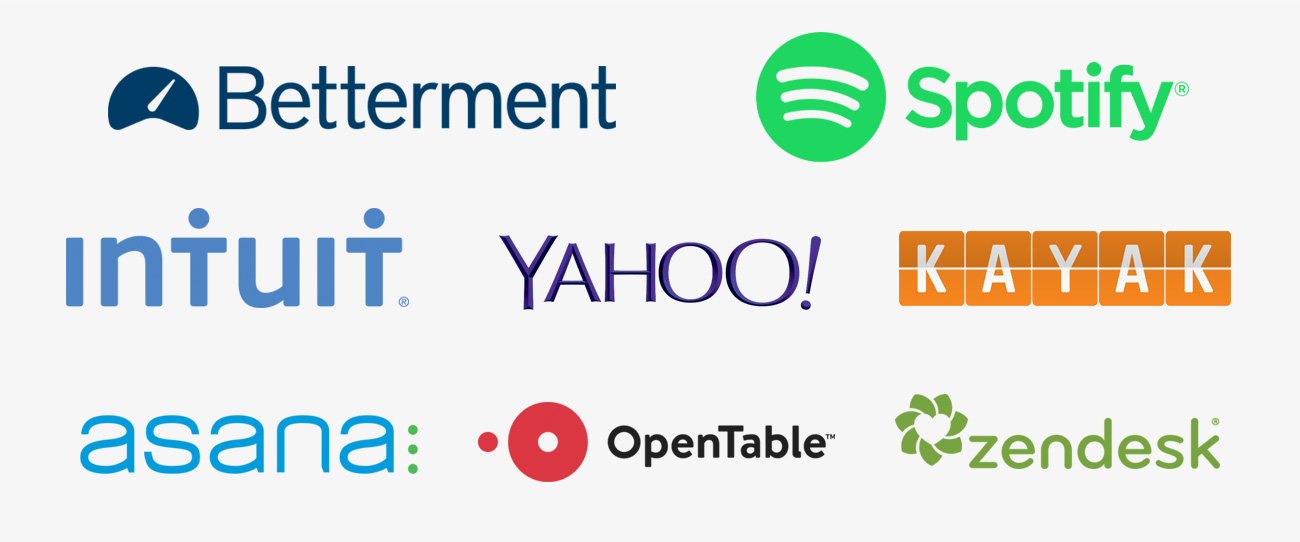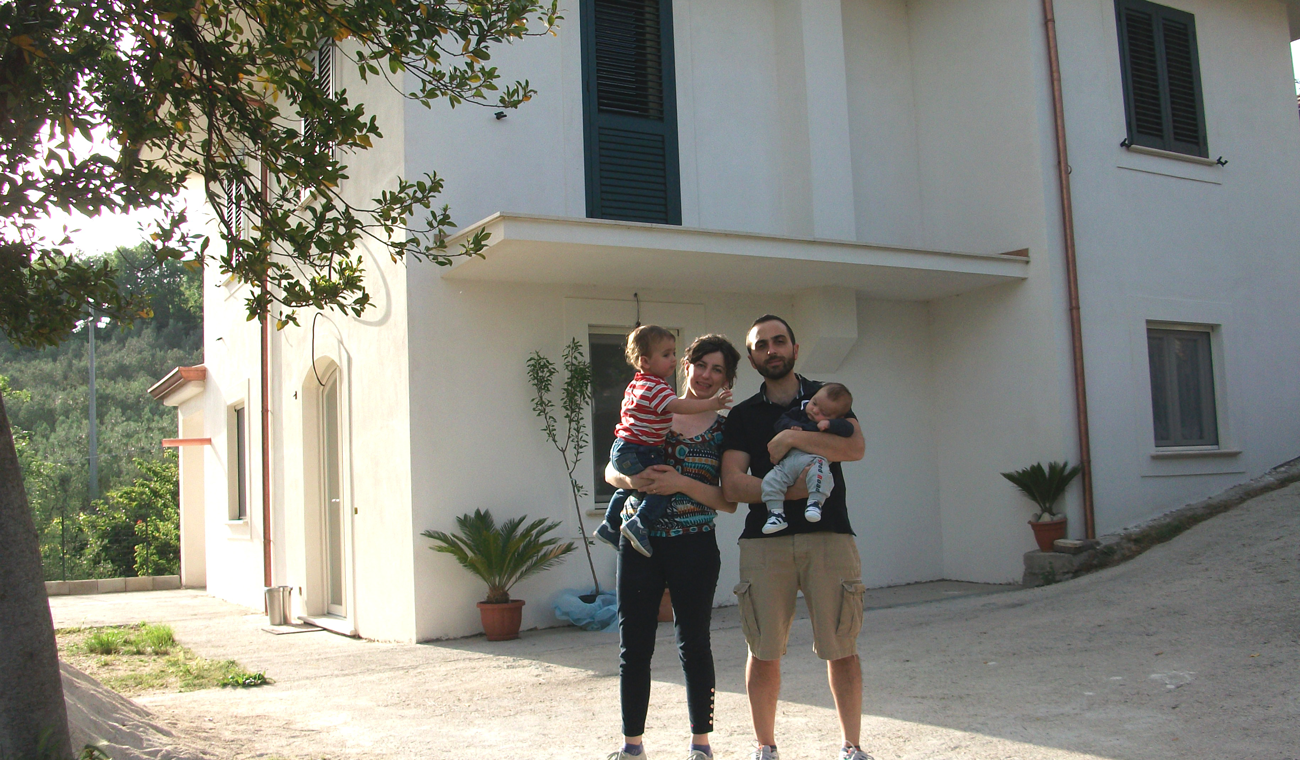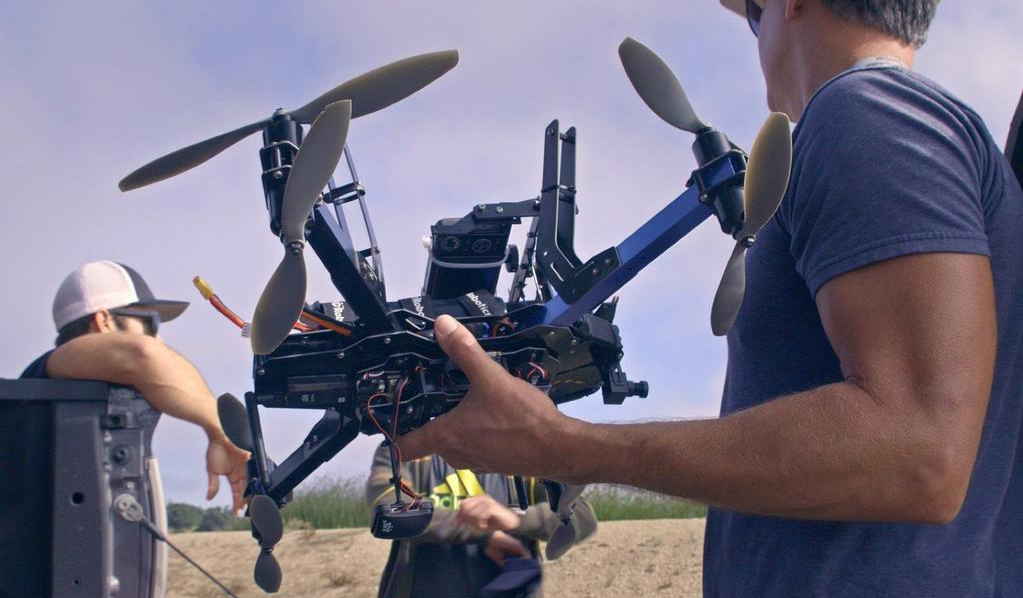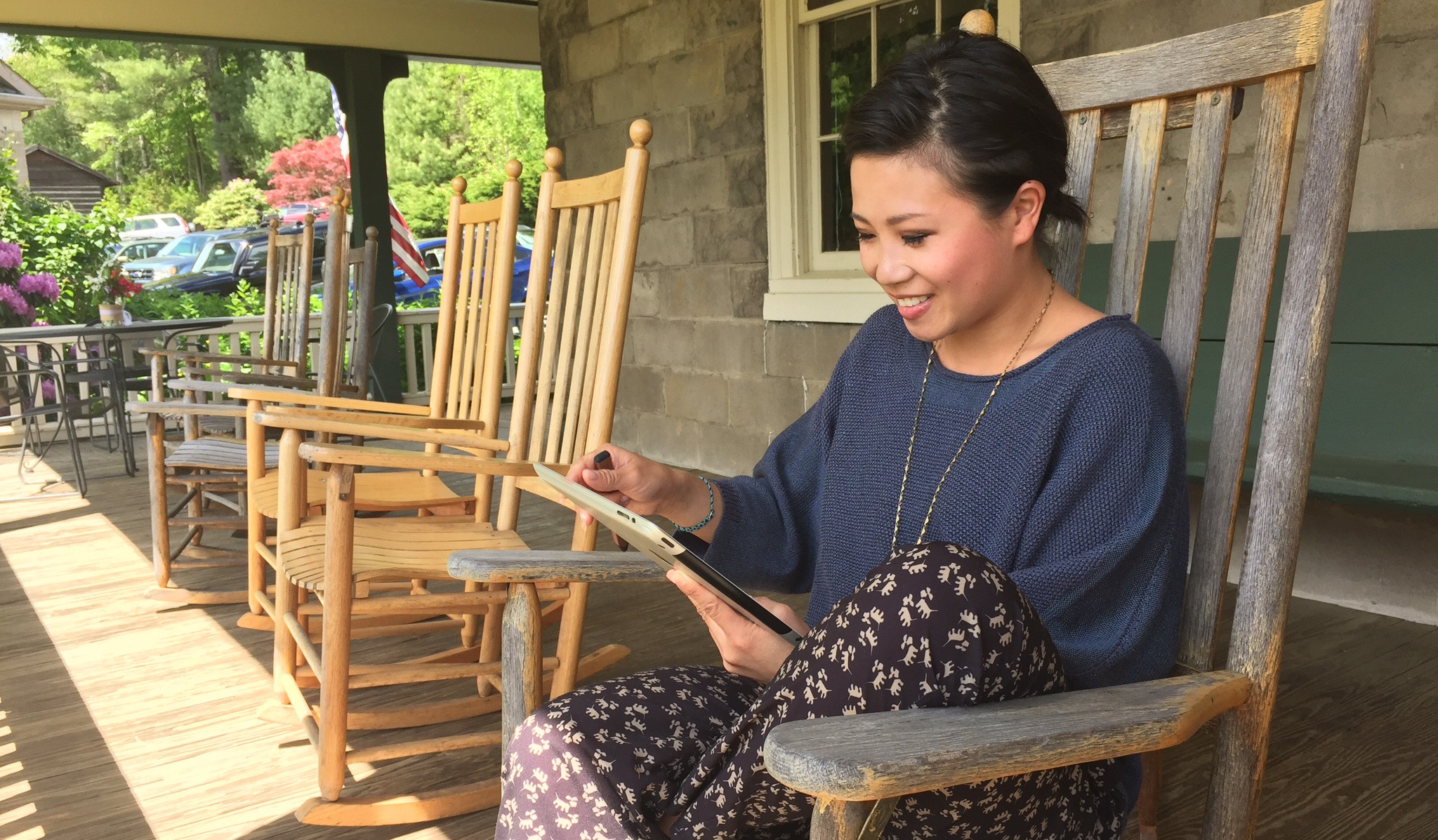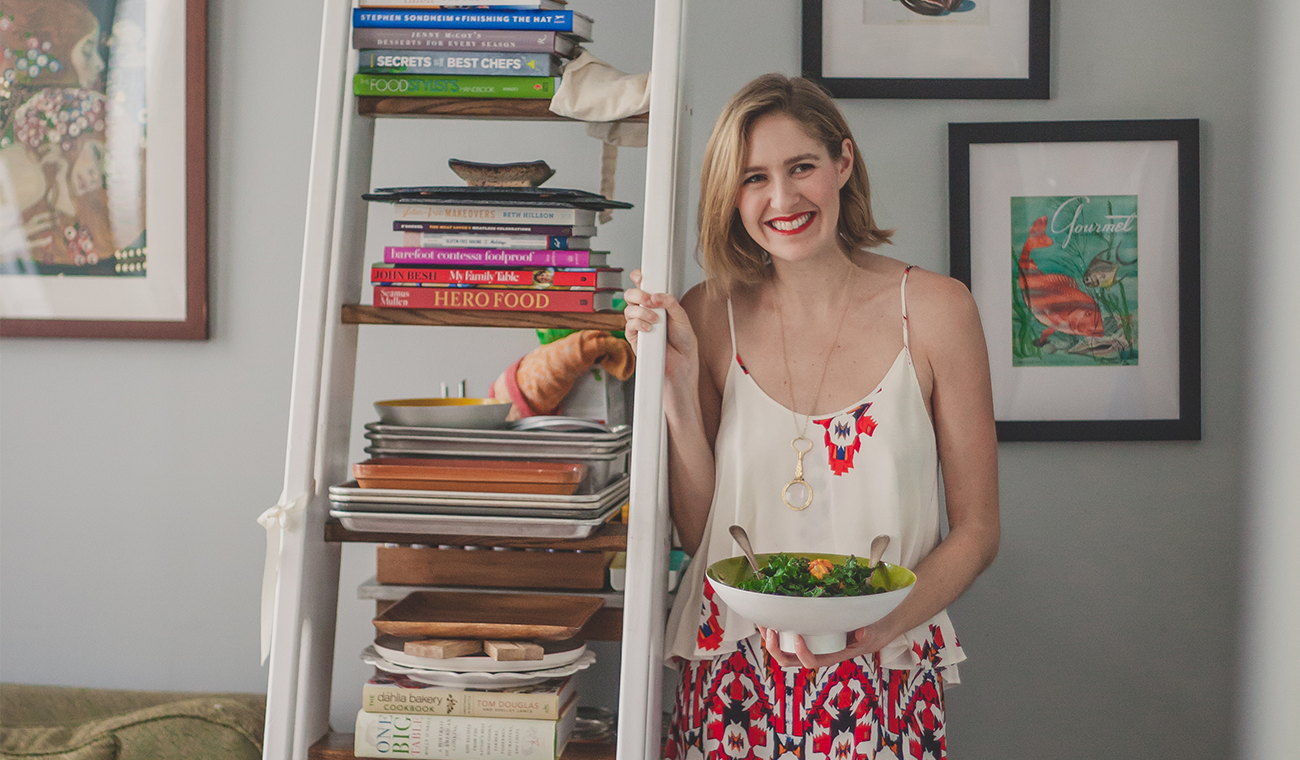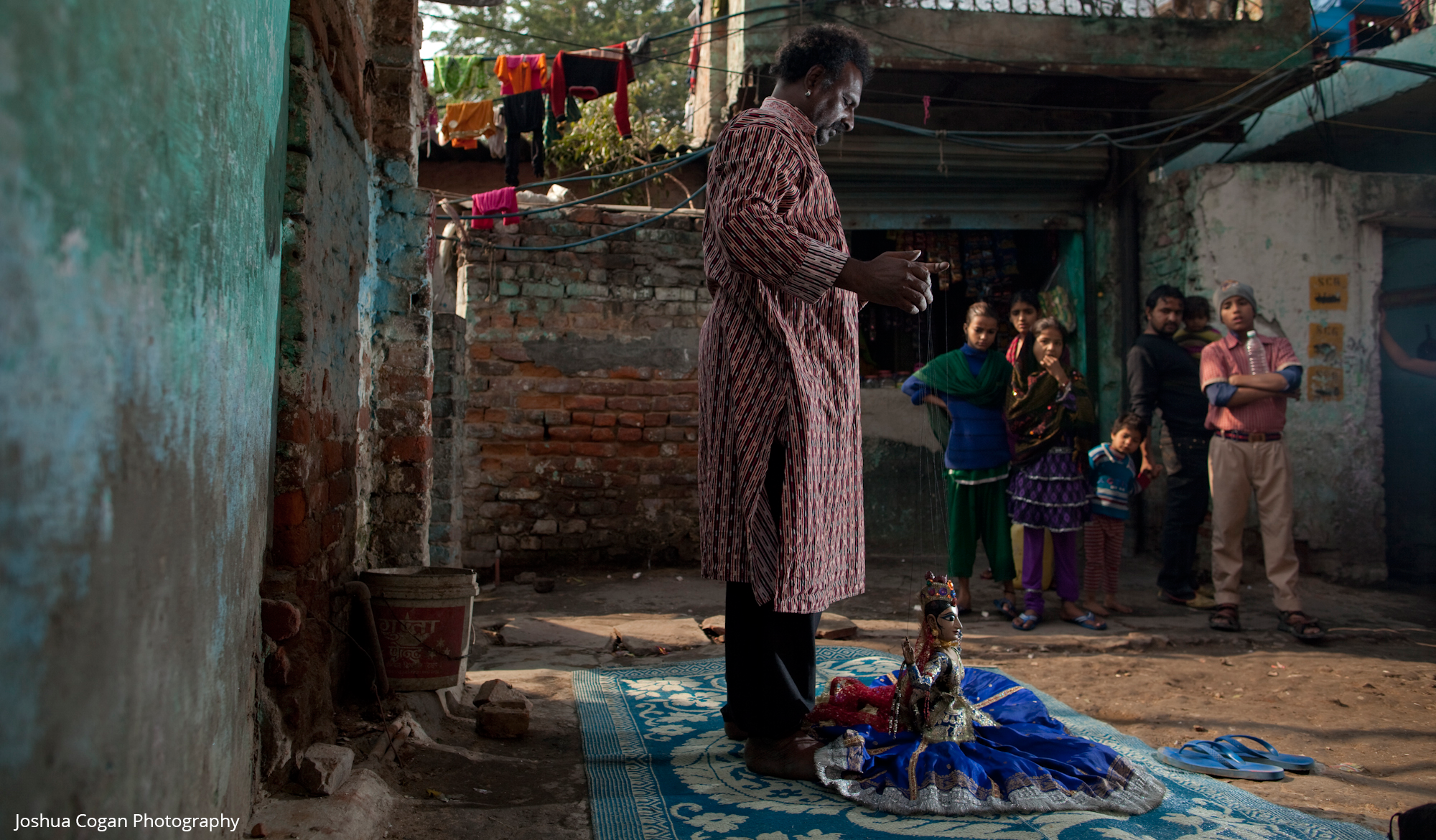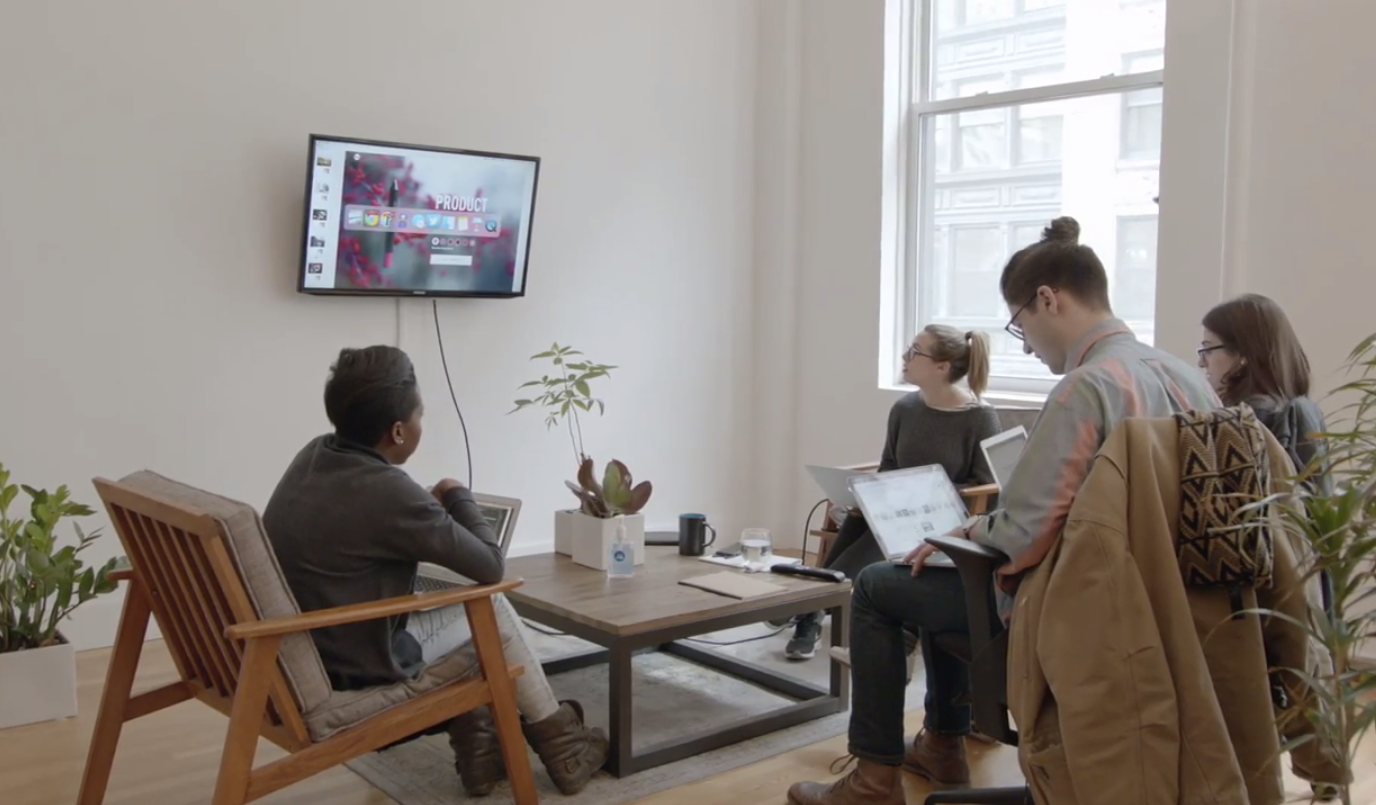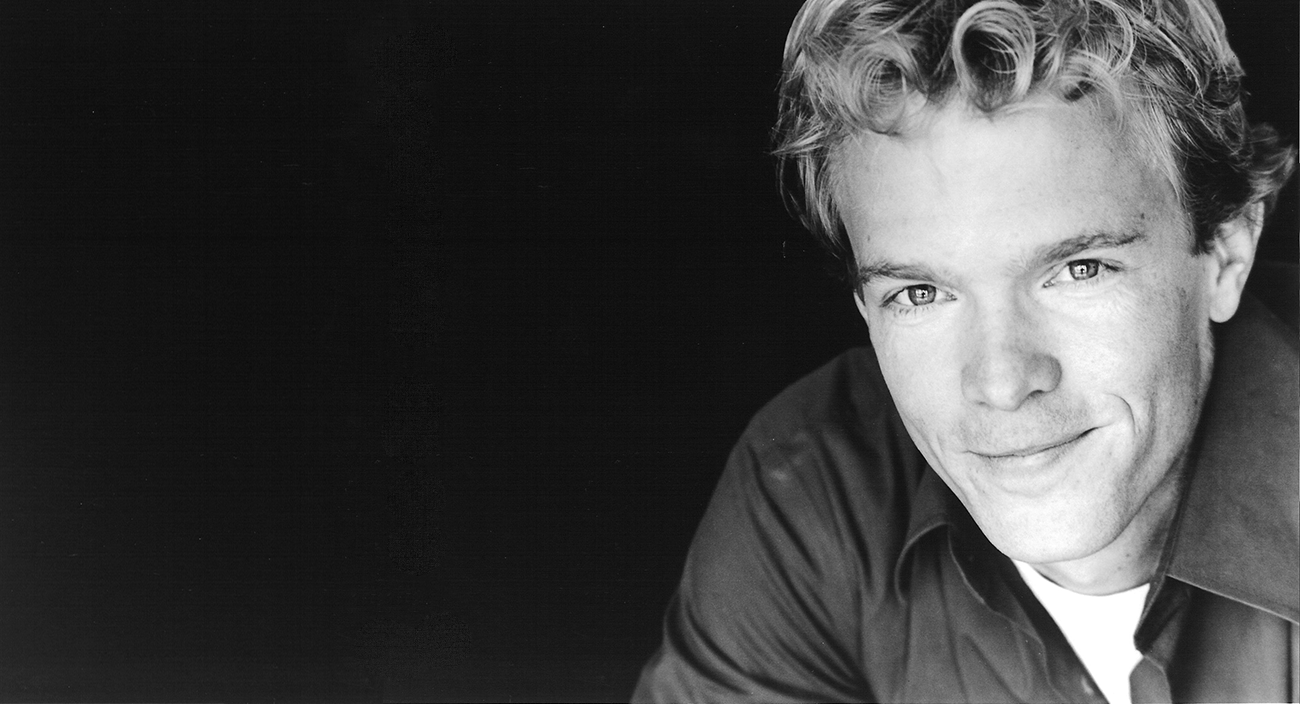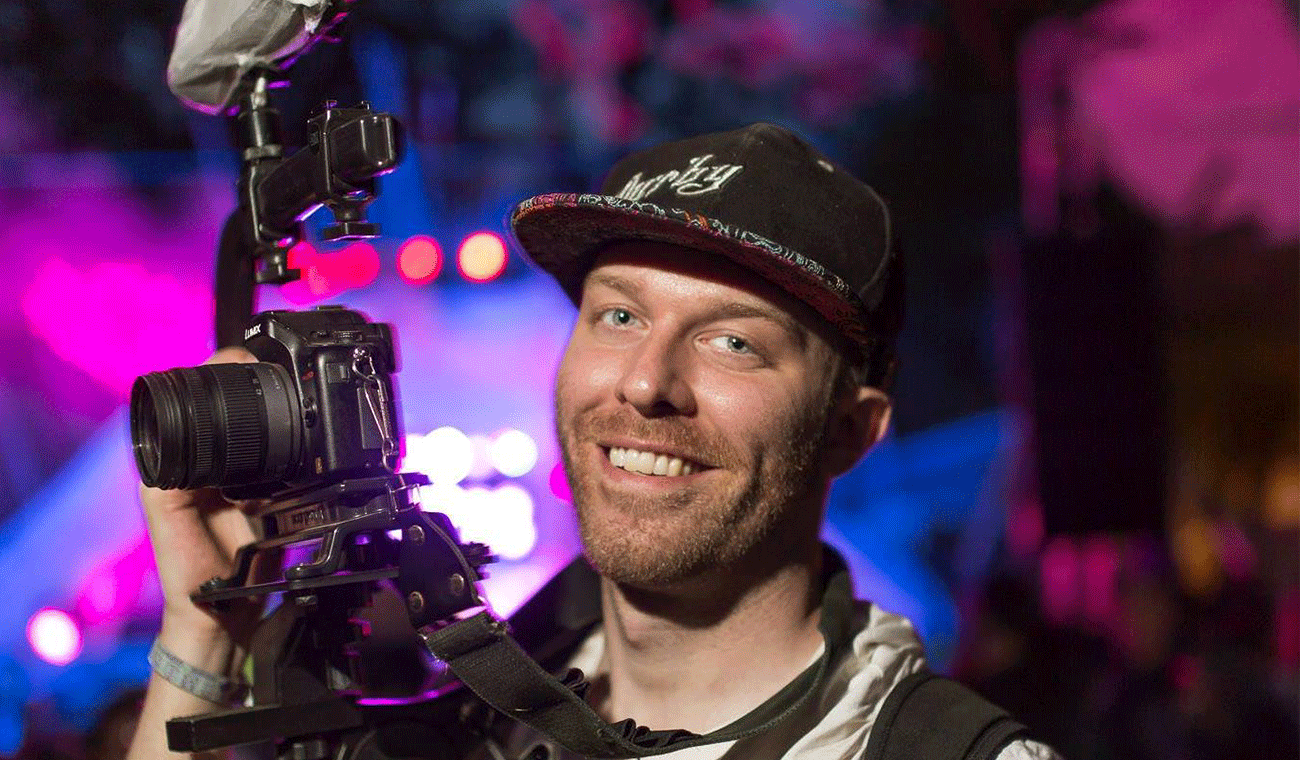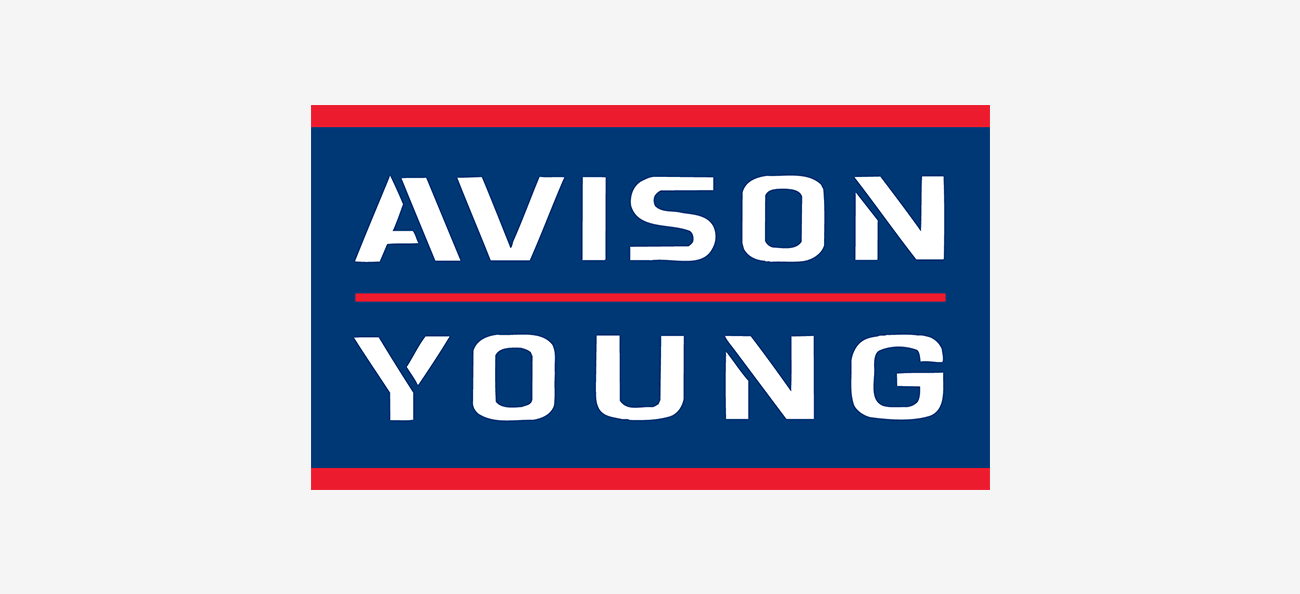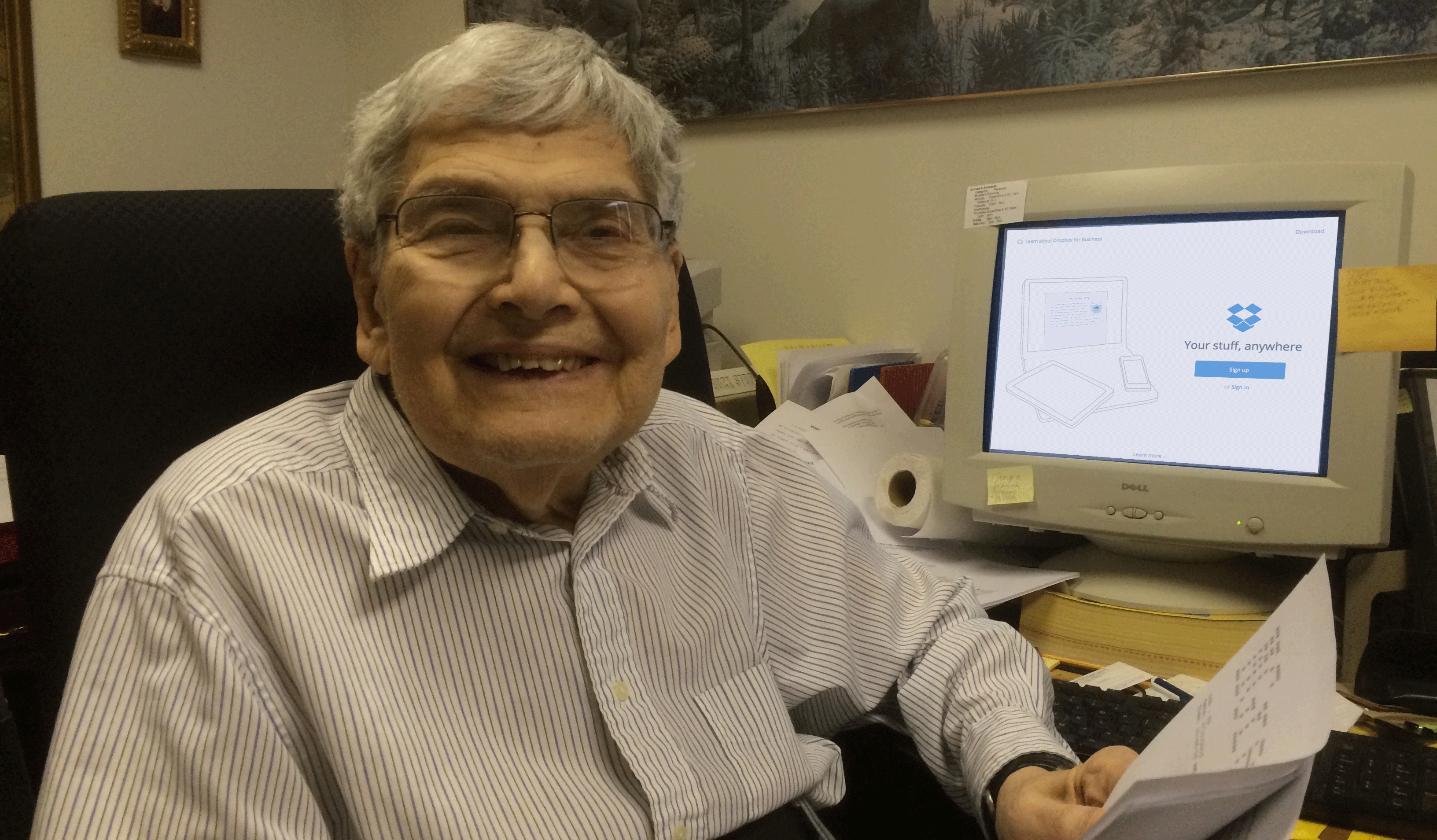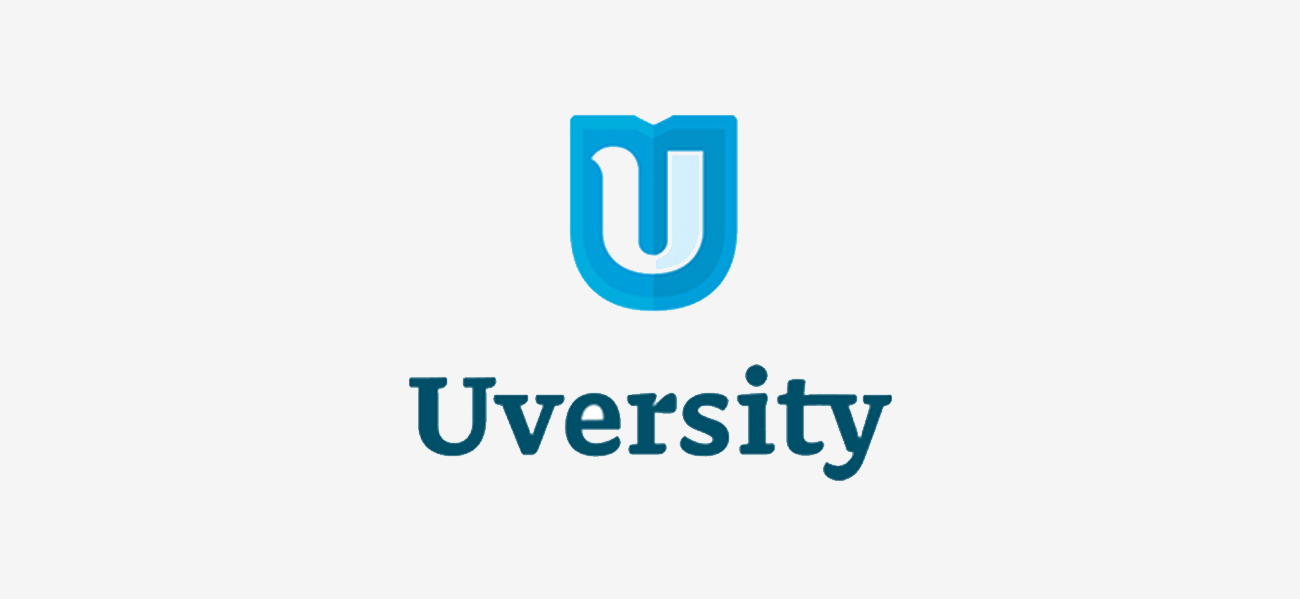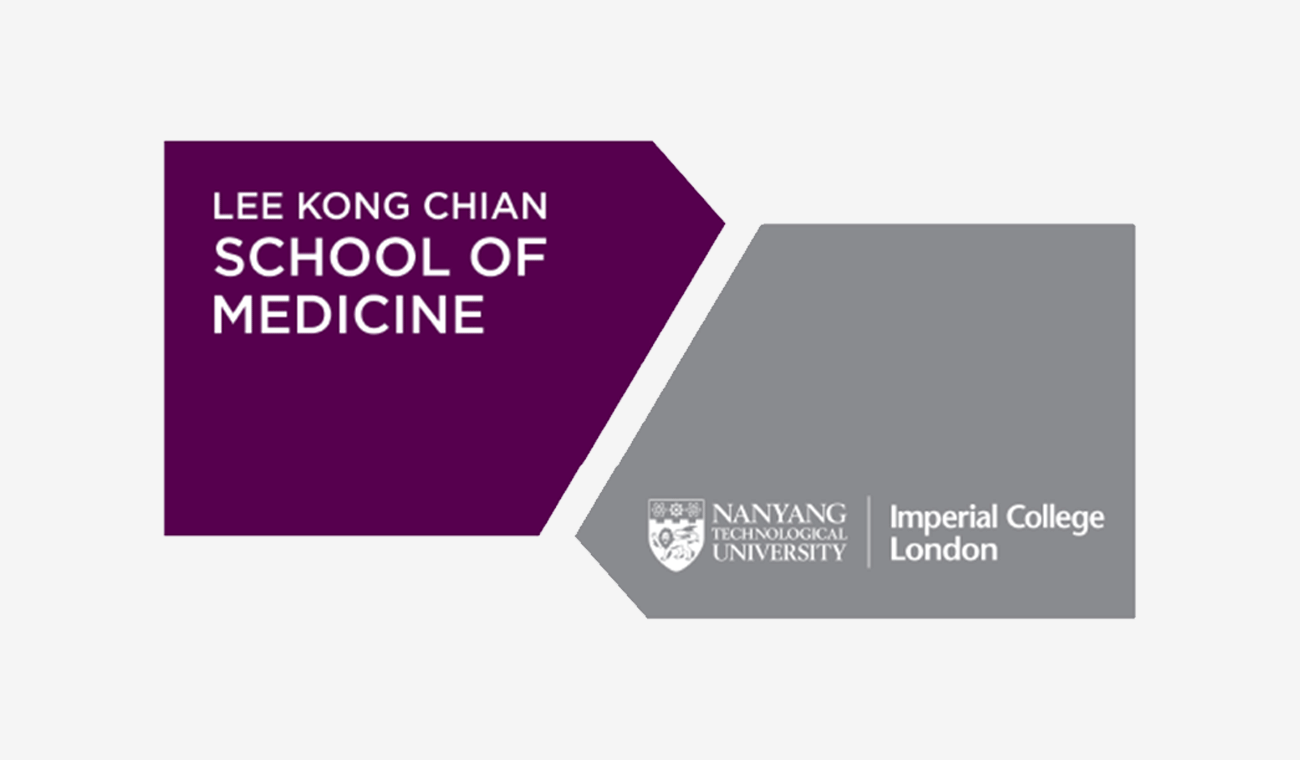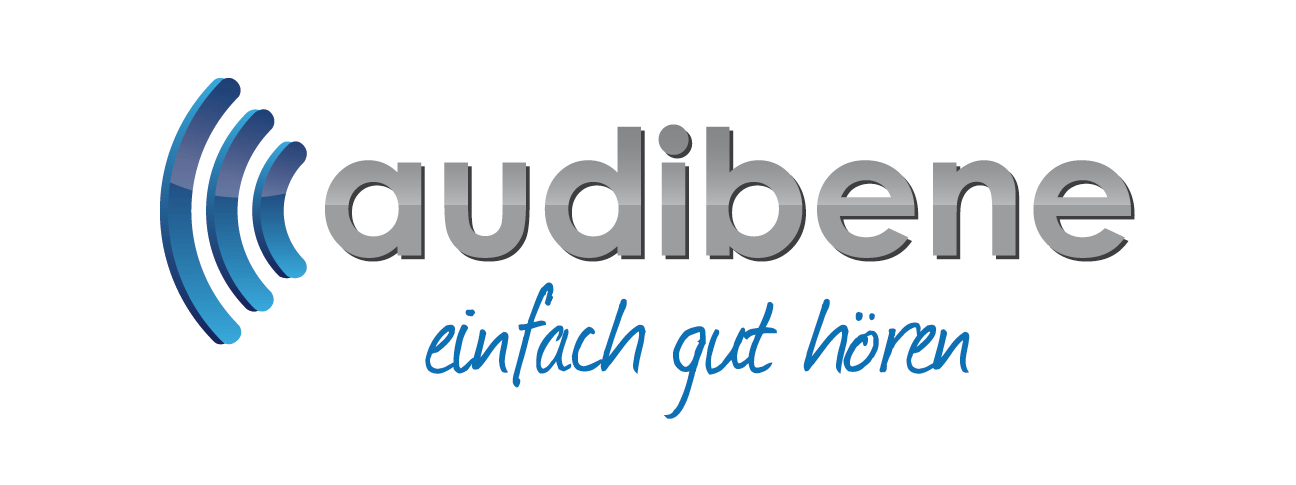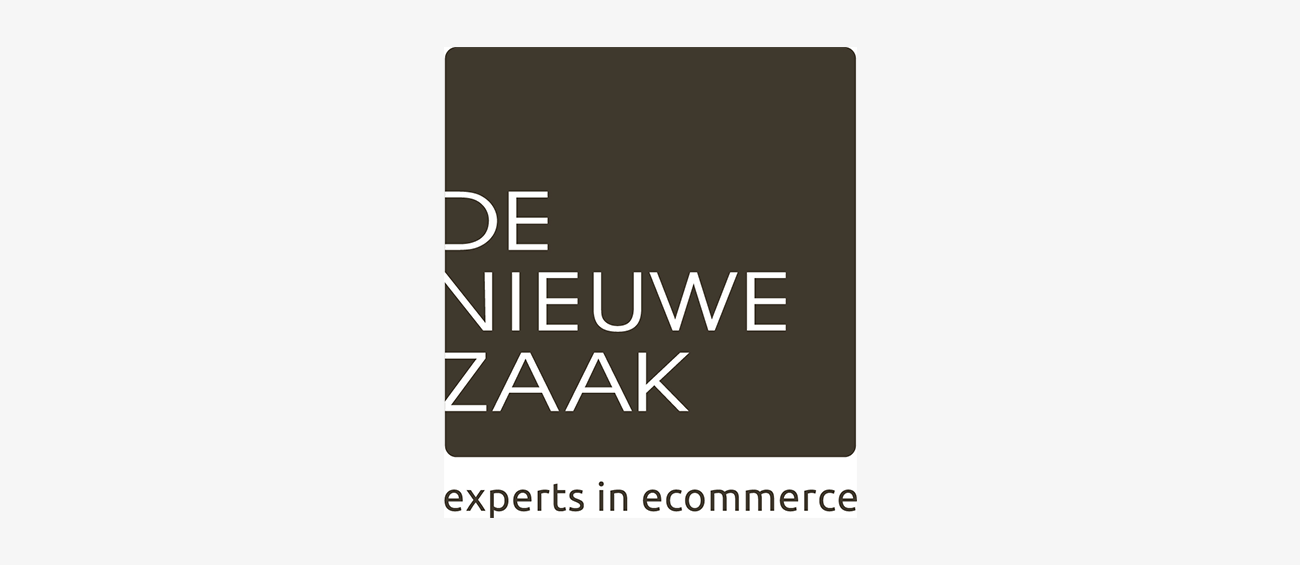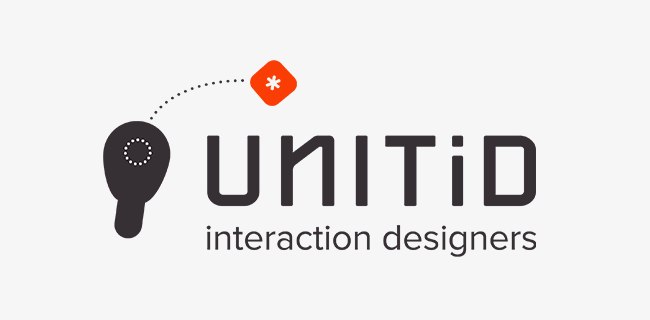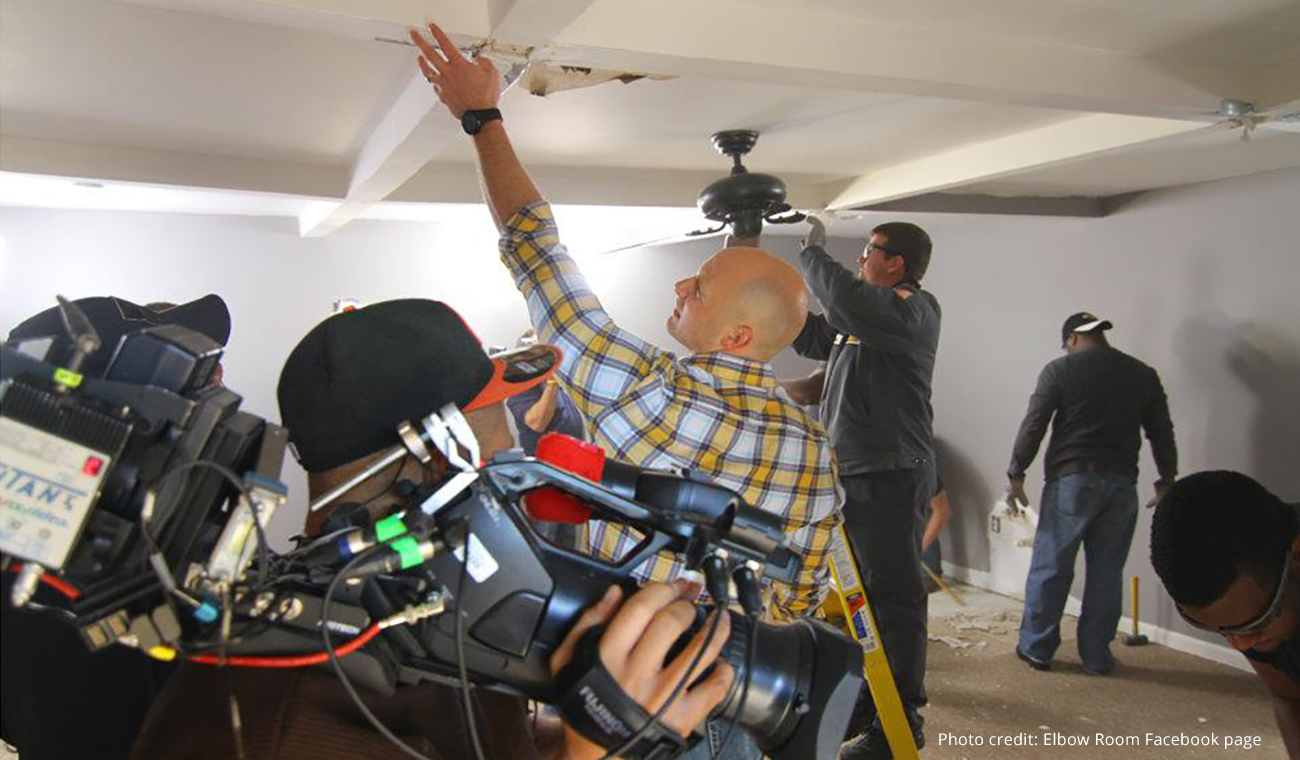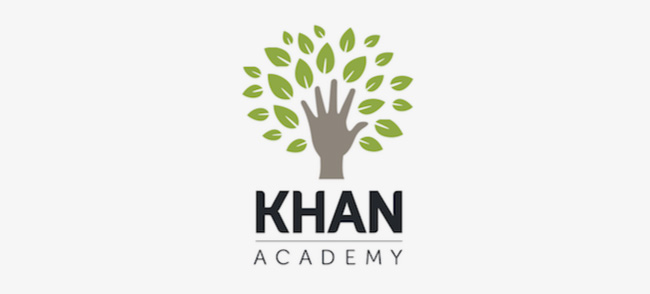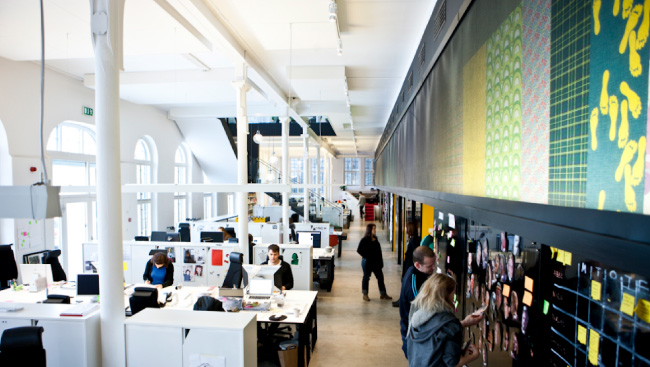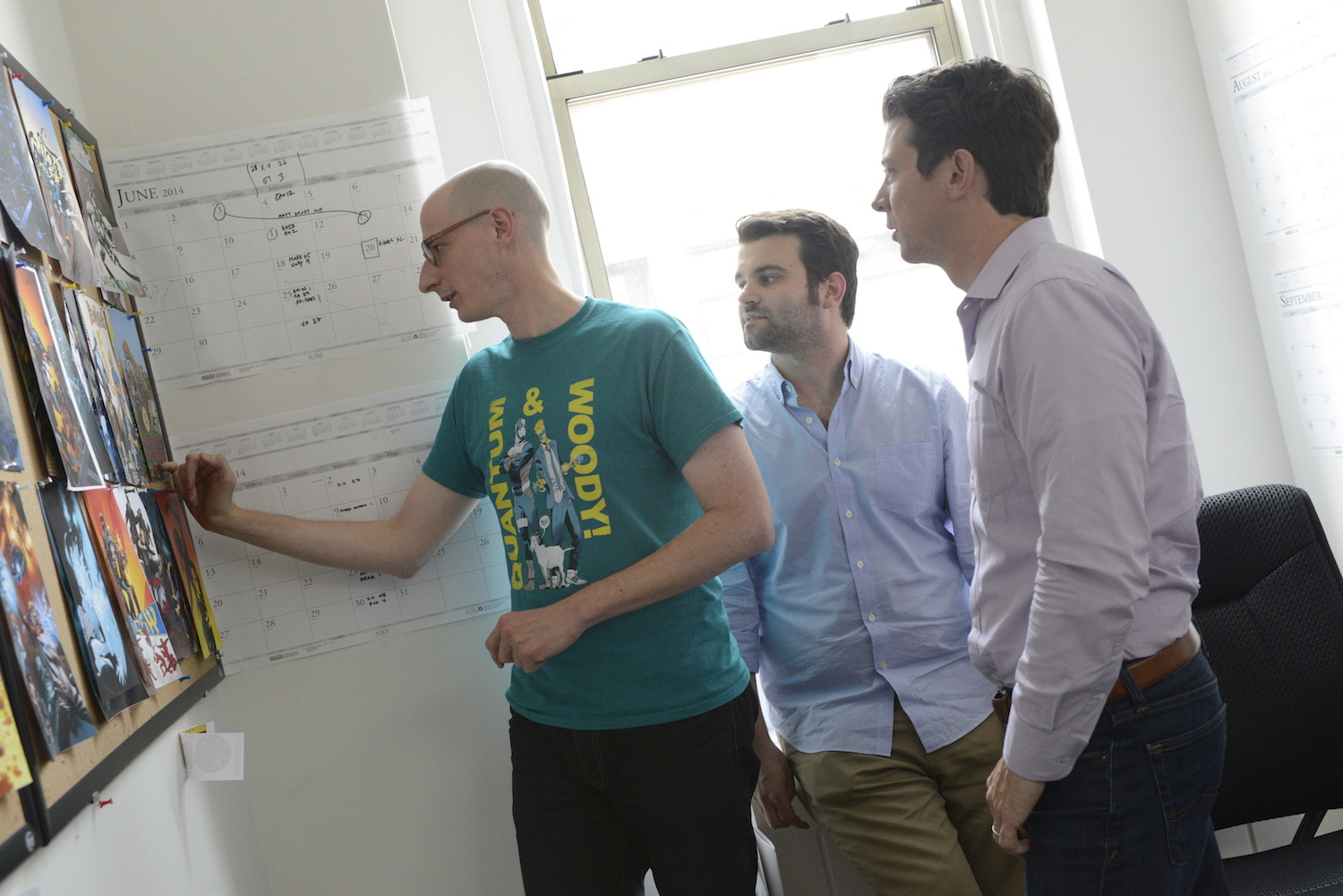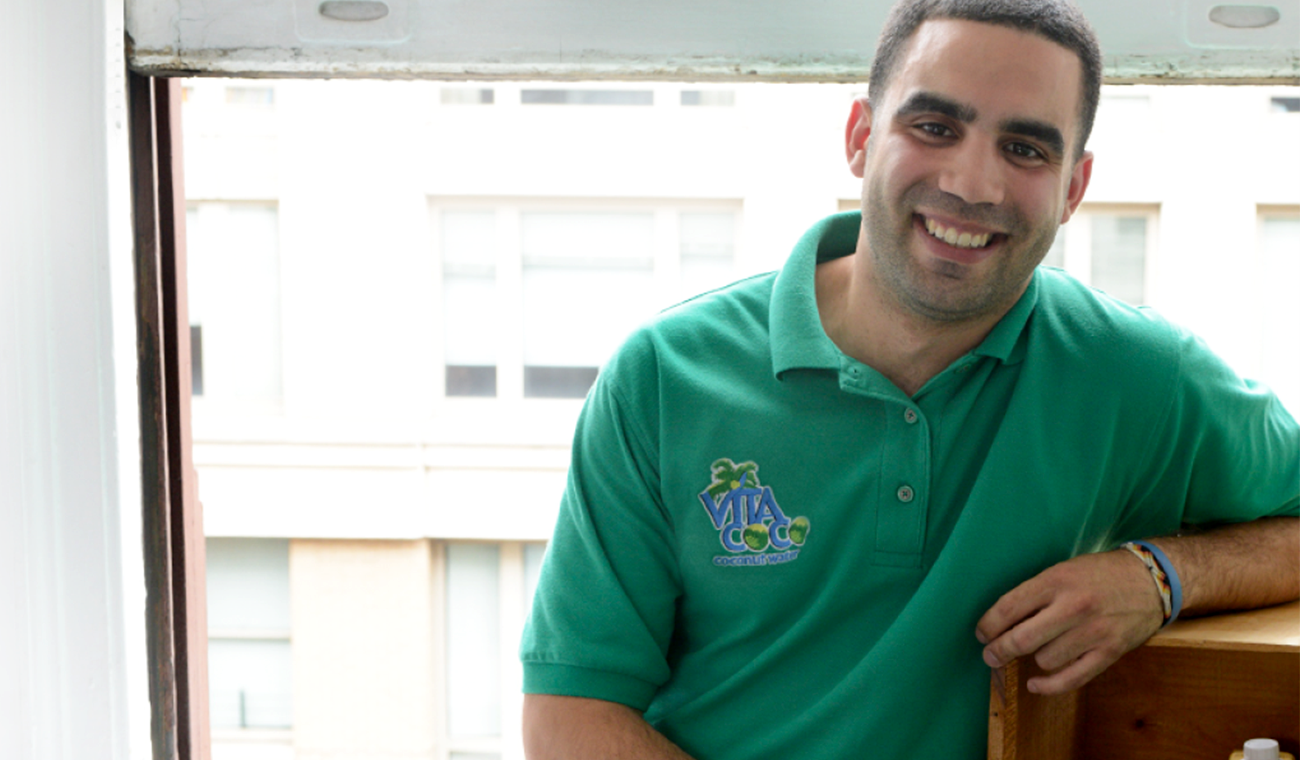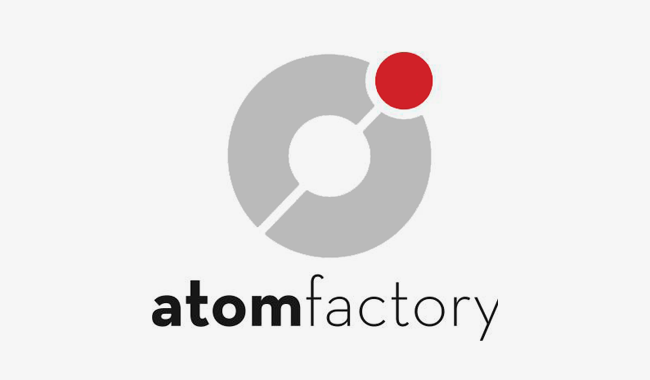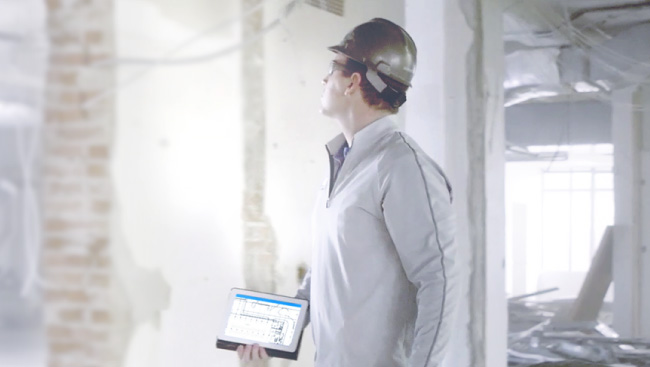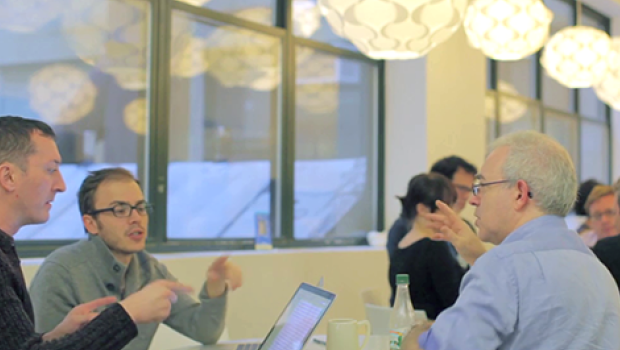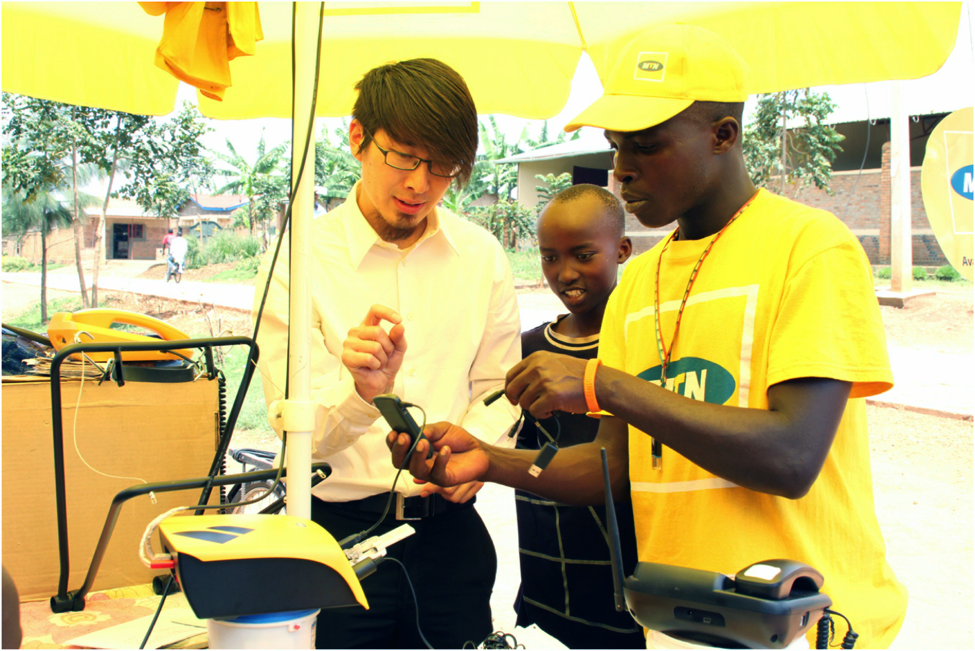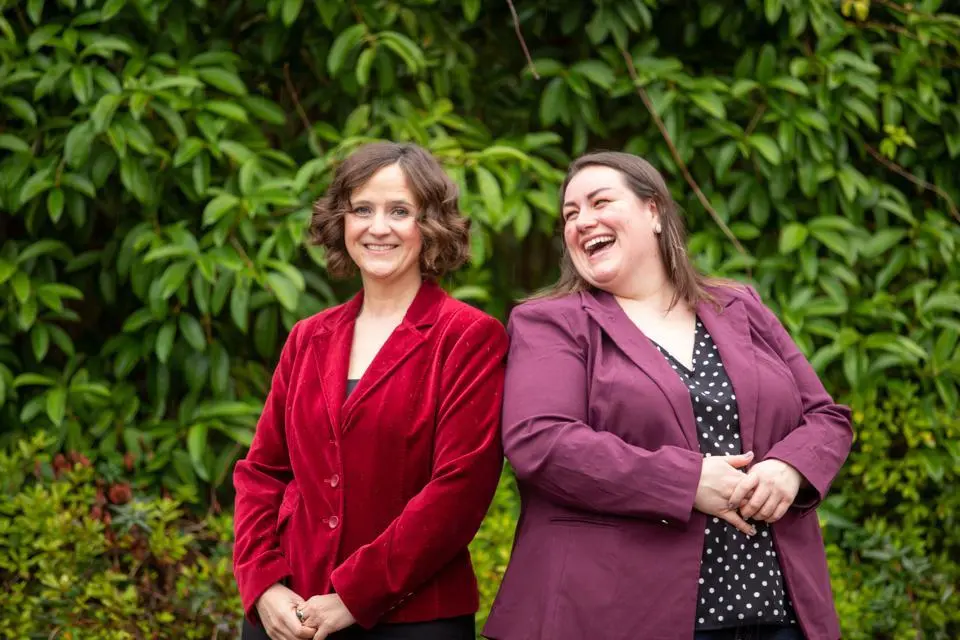
Reflections from three founders who launched businesses in 2020
Published on January 19, 2021
Last year was the year to close a business, not open one.
But don’t tell that to Allison Zofan, Ken Olds, or Michelle Egger. Zofan’s ootBox, Olds’ Muggin Coffeehouse, and Egger’s BIOMILQ couldn’t be more different as companies, but all three founders faced the herculean challenge of starting a new business during a pandemic. And went with it.
Thinking inside the box
“The idea for ootBox was created by Robbie Friedman, my co-founder,” Zofan says. “He was in the process of selling his last startup and had an open floor plan office, so he couldn't have the conversations about the sale at work. He and his wife were also taking care of their first baby, so couldn't have important conversations with a newborn crying in the background. With all that nervous energy, he built what he came to call his escape pod in his backyard. He would use it, and let his neighbors use it, too. He thought, ‘well, everybody needs a place like that sometimes.’”
Turns out the vision for ootBox was prophetic, if not in the exact way we’ve all wanted an escape pod during lockdown. The company’s concept of using old shipping containers as workspaces shifted to use cases that Friedman and Zofan never could have imagined in 2019.
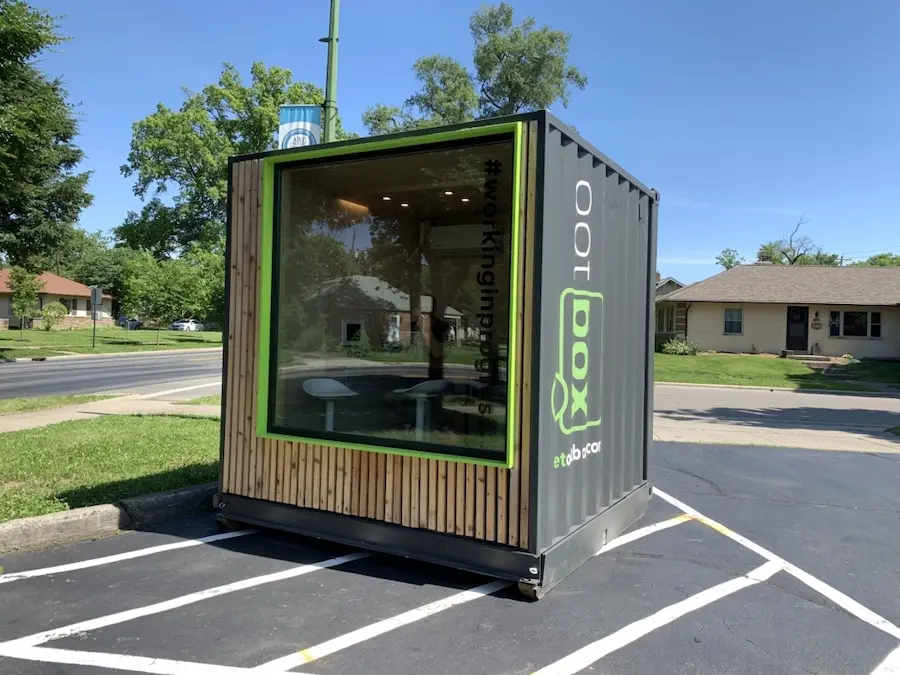
As the pandemic raged on, Zofan and Friedman found themselves promoting an ootBox’s ability to filter and control air flow—features that weren’t paramount when initially designing the product. “We had to completely reshape our investor pitches, photography, and documentation,” Zofan says. “Dropbox was a big help in getting that work done when we couldn’t be together in person.”
For now, ootBox is focusing on being a solution for COVID-related needs. “We’ve seen a significant uptick in healthcare,” Zofan says. “Hospitals are leasing ootBoxes as lab stations in their parking lots so people don't have to come into the hospital for quick things like a flu shot or COVID test. People can stop at the box, get that service done, and everyone’s exposure decreases.”
"The job of the workplace is going to change. It's going to be the place where people go to collaborate, to experience that culture and connectivity to their employer." —Allison Zofan
If and when the pandemic does end, ootBox’s future is particularly intriguing still, as many companies are re-thinking their work models and needs for large offices. Zofan, who worked at research firm Gartner before launching ootBox, has given much thought to the future of work.
“The job of the workplace is going to change,” she says. “I don’t think it's going to be the place where people go to get their work done anymore. It's going to be the place where people go to collaborate, to experience that culture and connectivity to their employer. We’re going to be considering those elements as more organizations think about alternative workspaces like an ootBox for their employees, as well as our own strategy towards building our team.”
More than just a cup of joe
Opening a coffee shop was hardly a radical idea before the pandemic. Memphis natives Ken and Mary Olds long thought the city was starved for a quality coffee purveyor. “We were finding ourselves driving over state line to Mississippi to purchase coffee,” Ken says. “We thought this was a perfect opportunity for us open up in the neighborhood. Mary has a coffee background. She's managed a coffee shop, as well as opened up a coffee business before for another franchise. So we thought—back in 2019—why don’t we just start our own business?”
As we now know, the restaurants and cafes were merely trying to survive—let alone unveil grand openings—in 2020. “COVID added a completely new dynamic that we didn't plan for in our business plan; we didn’t have a pandemic maintenance section,” Olds says. “Our builder was still moving forward with the project, but we really didn't know when we’d be able to open. So we were sitting there, still paying rent, utilities, and construction labor to forward with the project. Even at that time, we had a whole team that we hired in 2019. Now we only have one person from that original team.”
Despite the challenges, the Olds remained determined to open. Adding to their motivation was their desire to support their Memphis neighborhood Whitehaven—a predominantly Black community—to come together during a tragic summer of continued murders of Black people by police officers.
"It was as if we especially needed to open last year." —Ken Olds
“When we opened in July, Mary and I were looking at each other and said, ‘Oh, we’re really opening during a pandemic, huh?’” says Ken. “We used Dropbox to design our digital menus and blueprints so tables could be six feet apart. On opening day, we had line all the way down the sidewalk! People coming from all over the city. Of course this is about the Whitehaven community, but we had people coming from all over the outskirts of the city, people waiting an hour just for some for coffee. It blew our mind. With all the social unrest, it felt like people needed a place to be together. We're the first Black-owned coffee shop in the community, and everyone rallied around it, people from all races, like a melting pot of everyone coming together. It was as if we especially needed to open last year.”
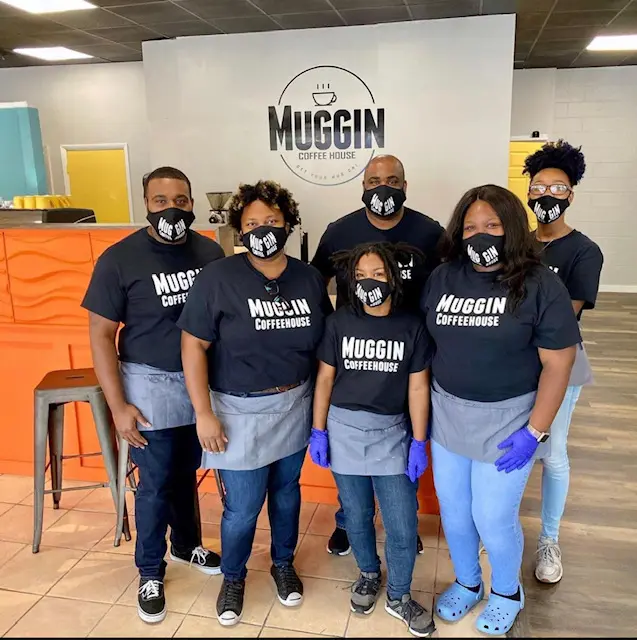
Born in the remote work era
2020 taught us many things, chief among them being patience. For BIOMILQ co-founders Michelle Egger and Leila Strickland, their natural, nutritious, and safe alternative to breast milk won’t be hitting grocery stores this year. “Instant formula, which many parents resort to due to difficulties with breastfeeding, just isn’t as nutritious as breast milk and producing it has ramifications for the environment,” Egger says. “But replacing such a staple is a big task. We’re building the foundation for a sustainable alternative, and we want to do it the right way.”
Part of that process is getting FDA approval, investor buy-in, and the right team in place. This has meant that Egger, whose passion lies in science and nutrition, has spent much of this year wearing that CEO hat. “My favorite managers were ones who just removed hurdles for me,” she says. “I try to be that person, even if that means removing a paperwork barrier, dealing with filing issues, or setting up our virtual data room with Dropbox. It’s work that has to be done so our team can focus on the research and science.”
"Because we were born in an era of remote work, it's ingrained in everything we do at this point." —Michelle Egger
Building and nurturing that team has proven to be a full-time job in itself, with the pandemic complicating things but also opening up possibilities. “Because we were born in an era of remote work, it's ingrained in everything we do at this point,” Egger says. “It's not uncommon, even if everyone's in the same town, to dial into a call, because someone will be here and someone will be there and someone went home and the like. That's normal. And I don't think that will change for us.”
“I've never actually had an assigned desk anytime in my career, and I don't have any interest in forcing my employees into that kind of antiquated working model,” Egger continues. “I think there are true benefits to in-person collaboration, and I want us to have the outlet for that. But I can get a lot more done in my sweatpants answering emails for four hours than trying to come into the office just for the sake of it.”

Egger wants to apply that same spirit of flexibility to BIOMILQ’s recruiting and hiring process as well. “There's incredible expertise that may not want to live in Durham, North Carolina,” she says. “We don't really care, as long as we can get someone who's collaborative and can work around it and is willing to build rapport even when you can’t just turn around and say hi. I think companies that think they're going to force everybody to come back in person are in for a surprise, because I think people are healthier and genuinely happier not working from home all the time necessarily, but having the flexibility to live their lives as a part of their jobs and create the boundaries they want to create.”

